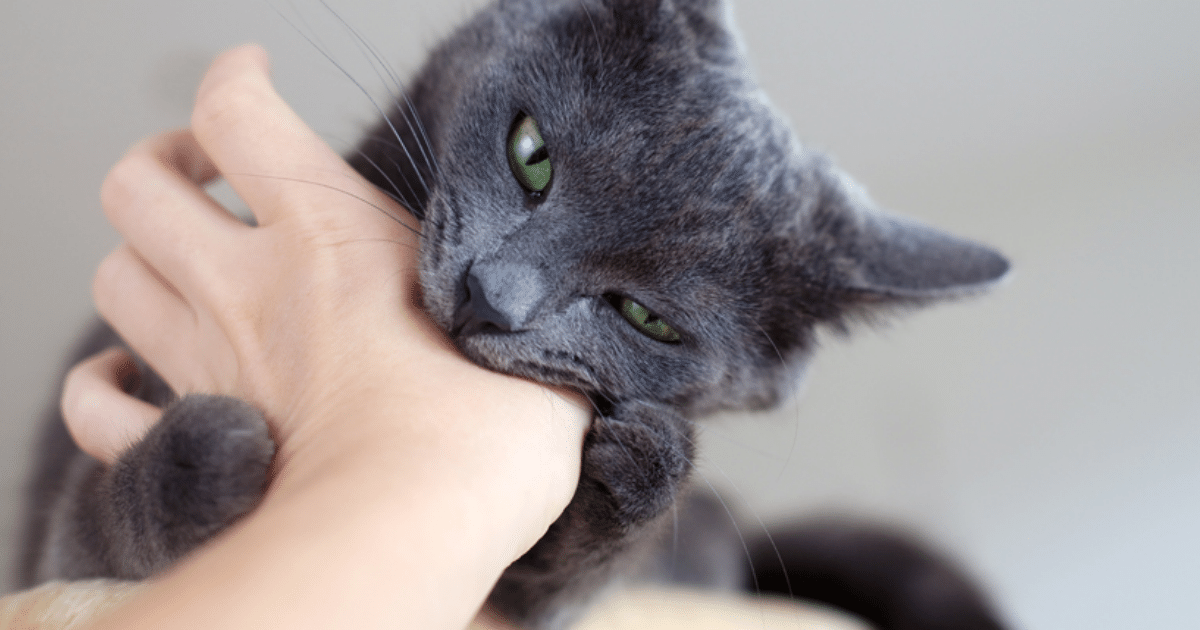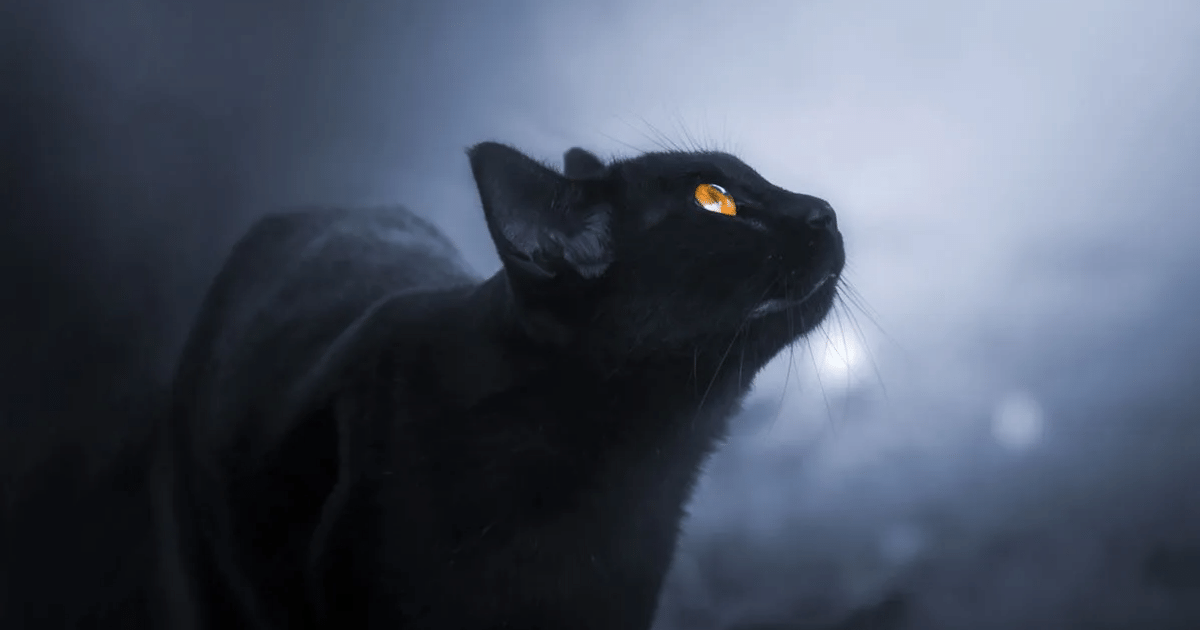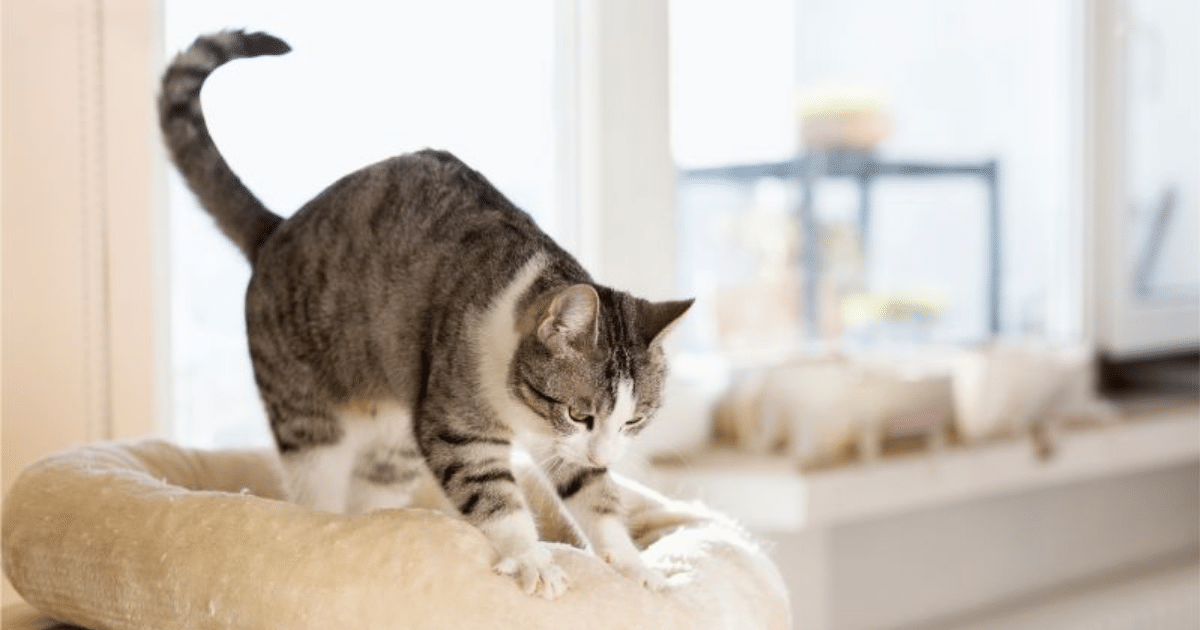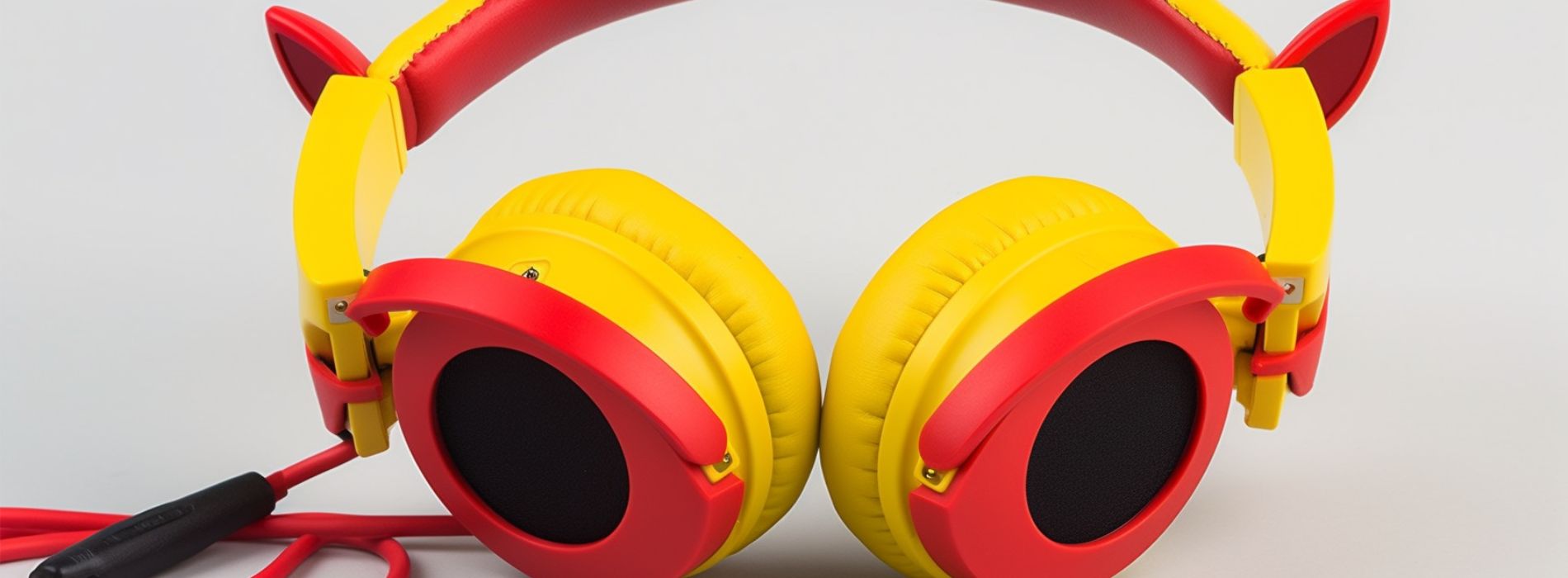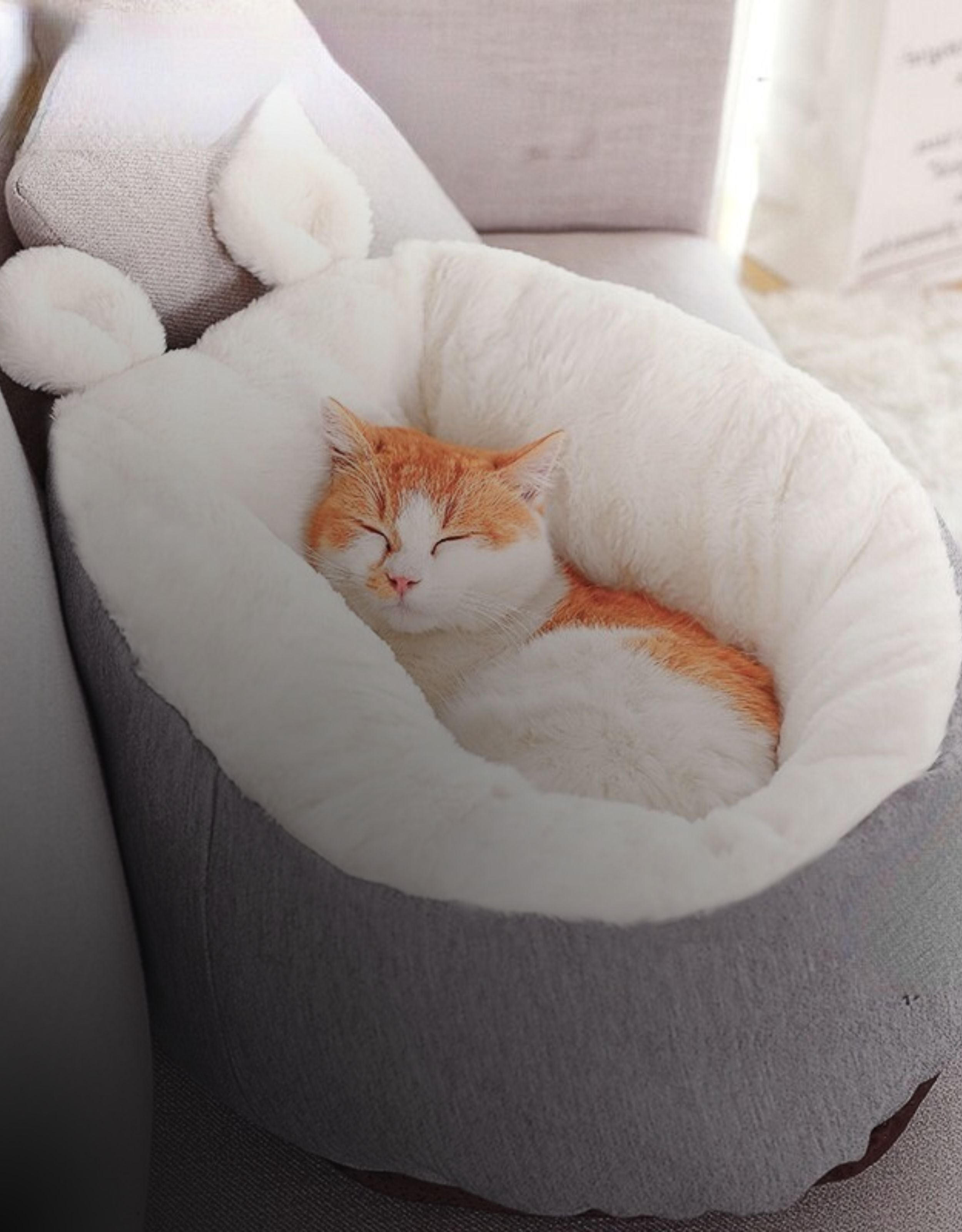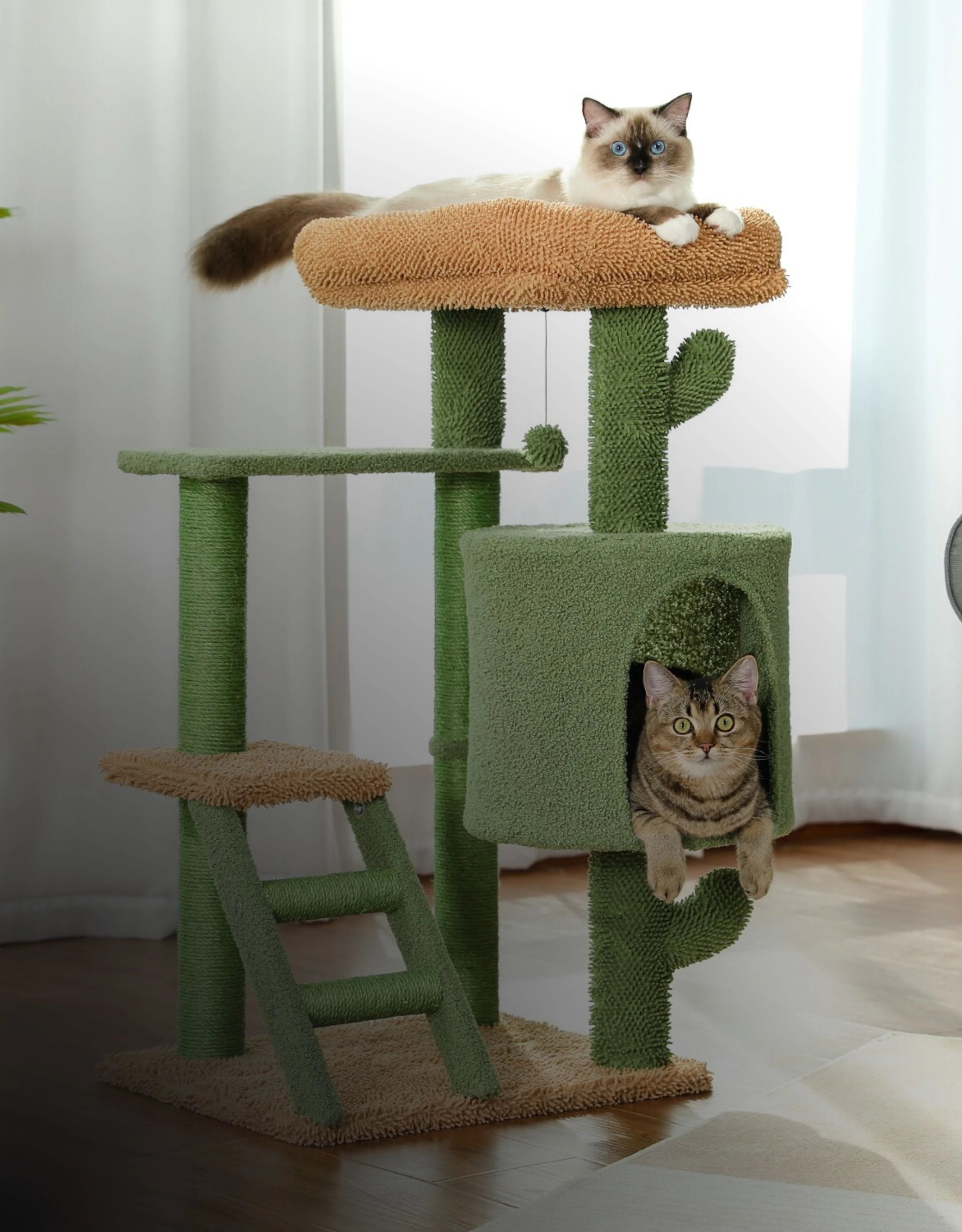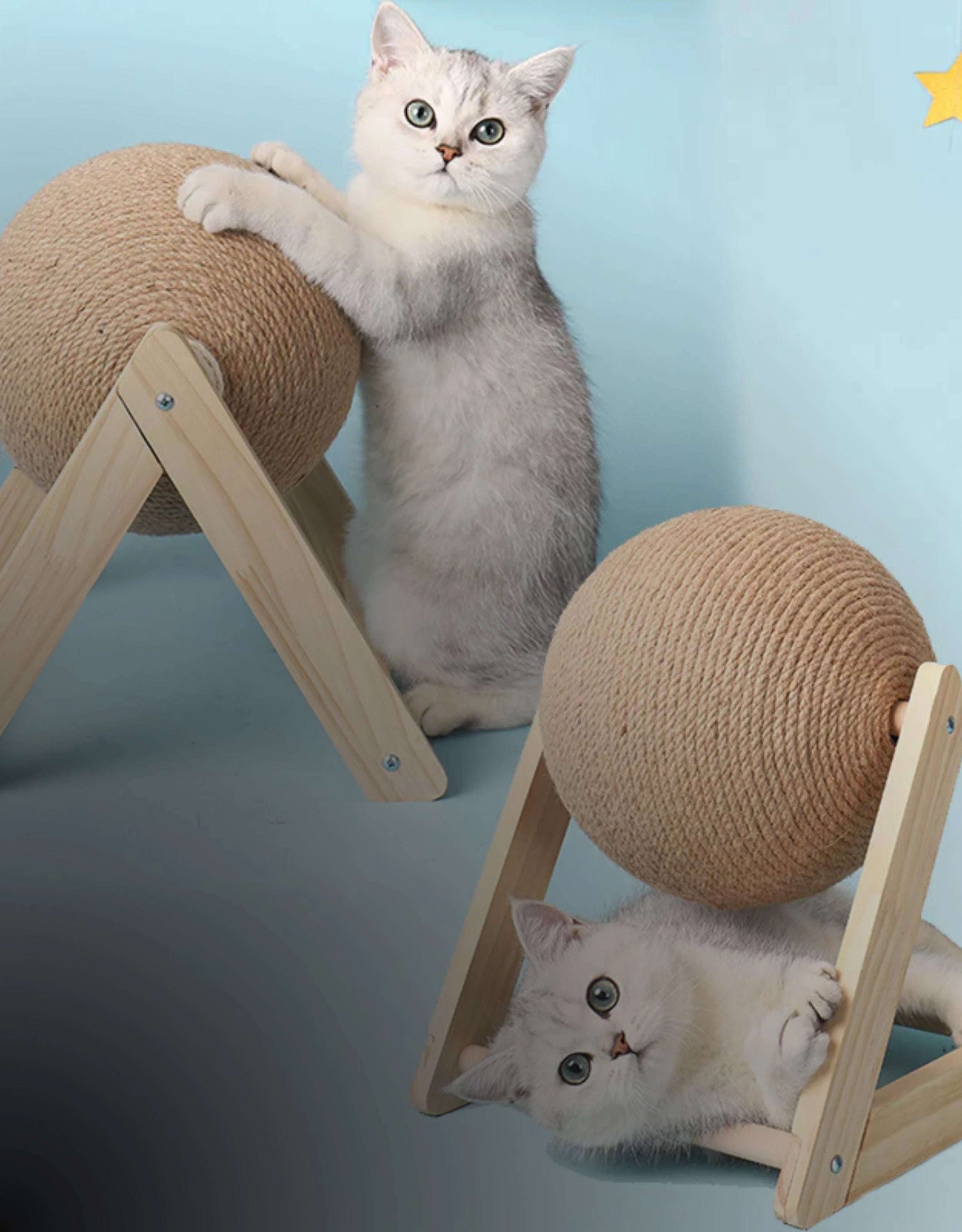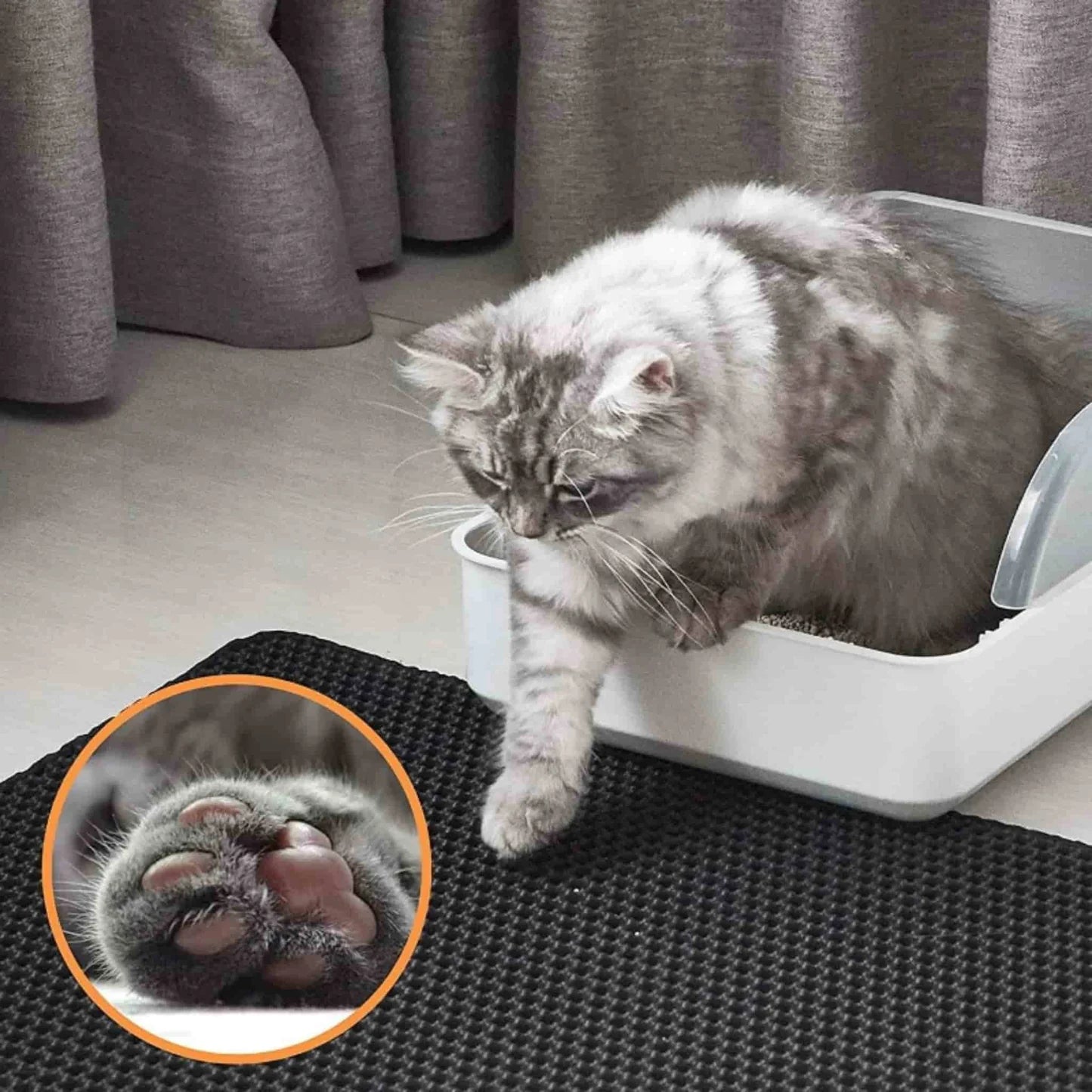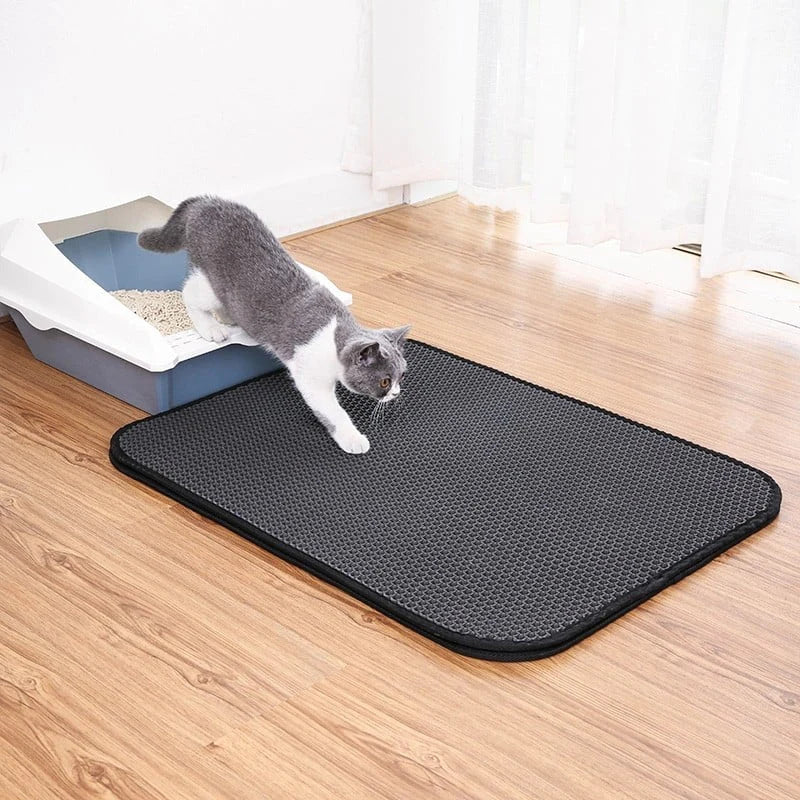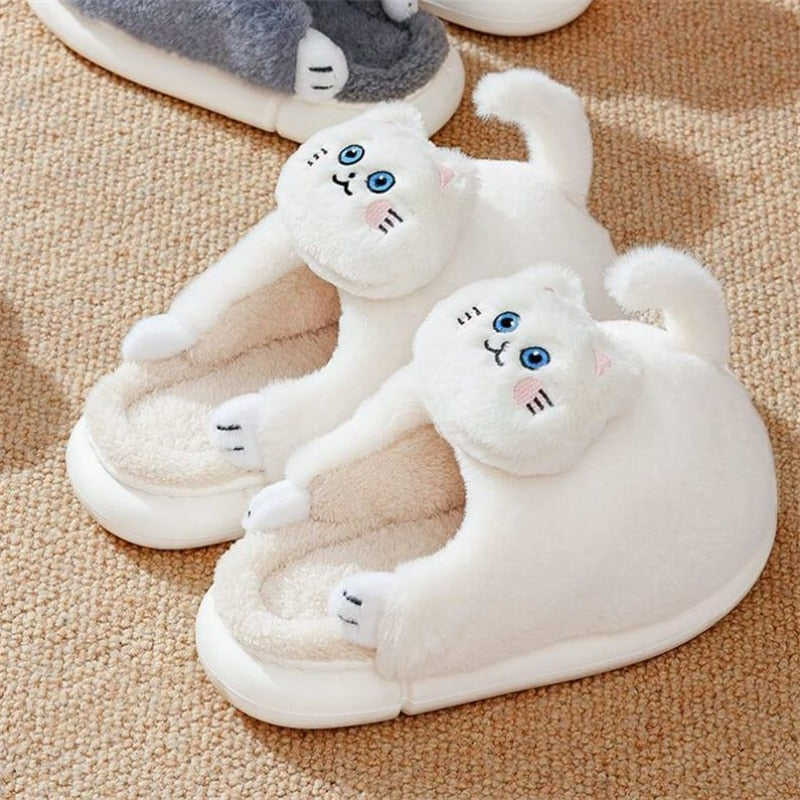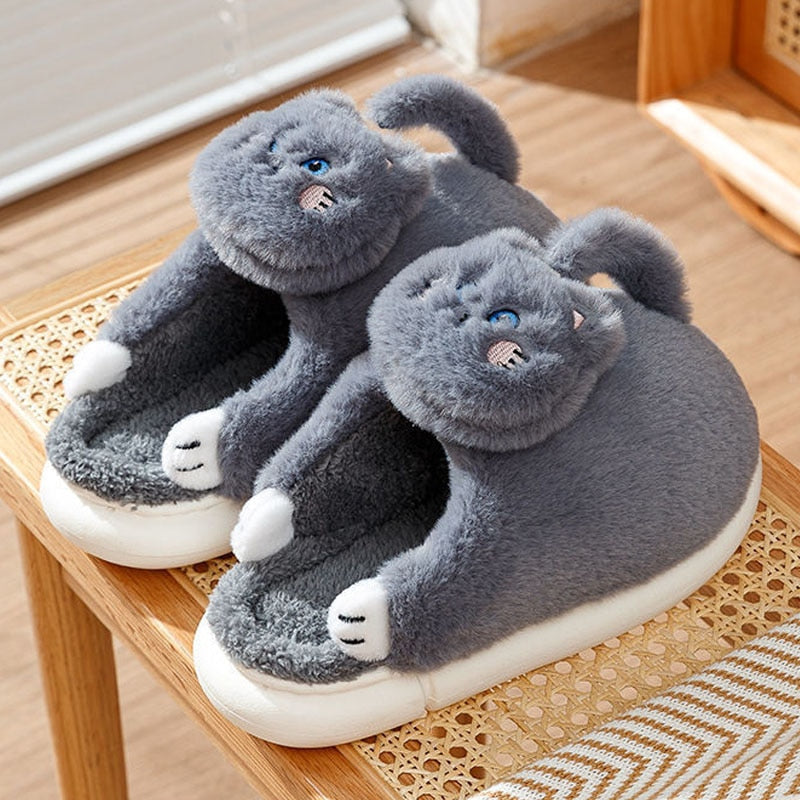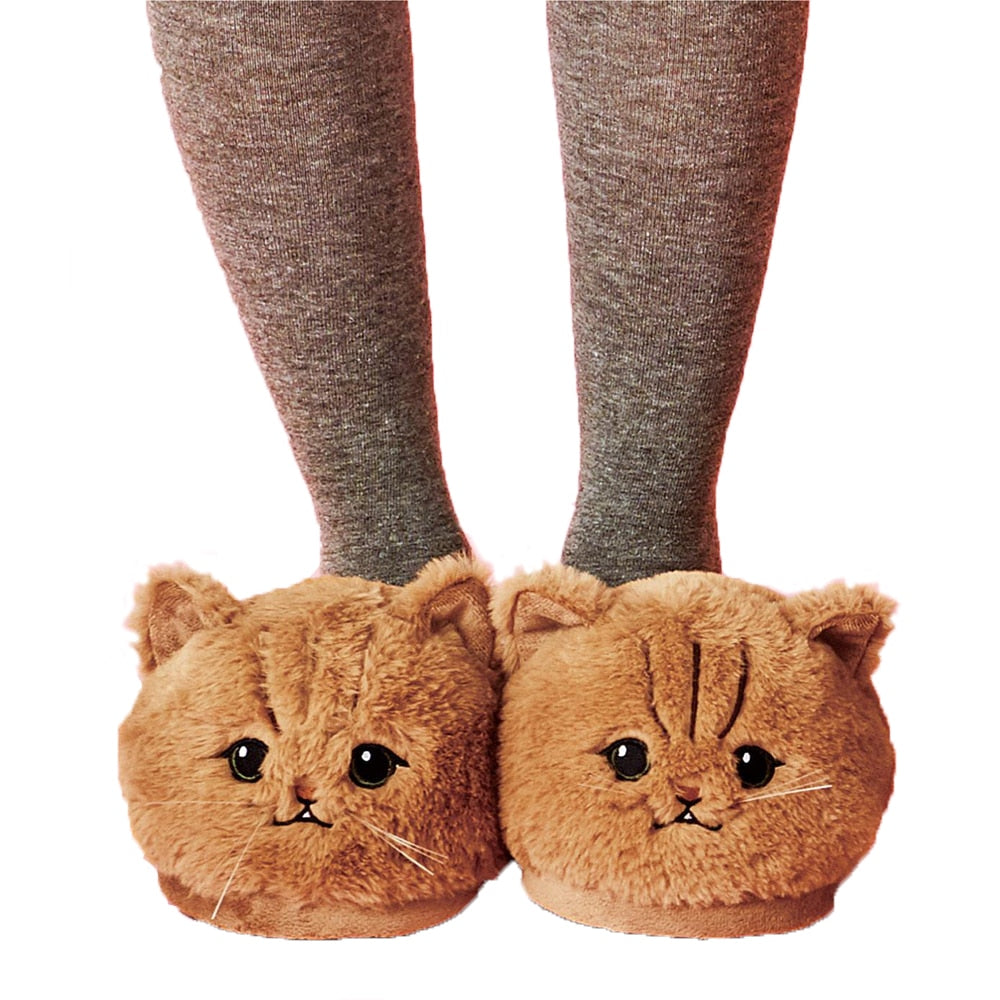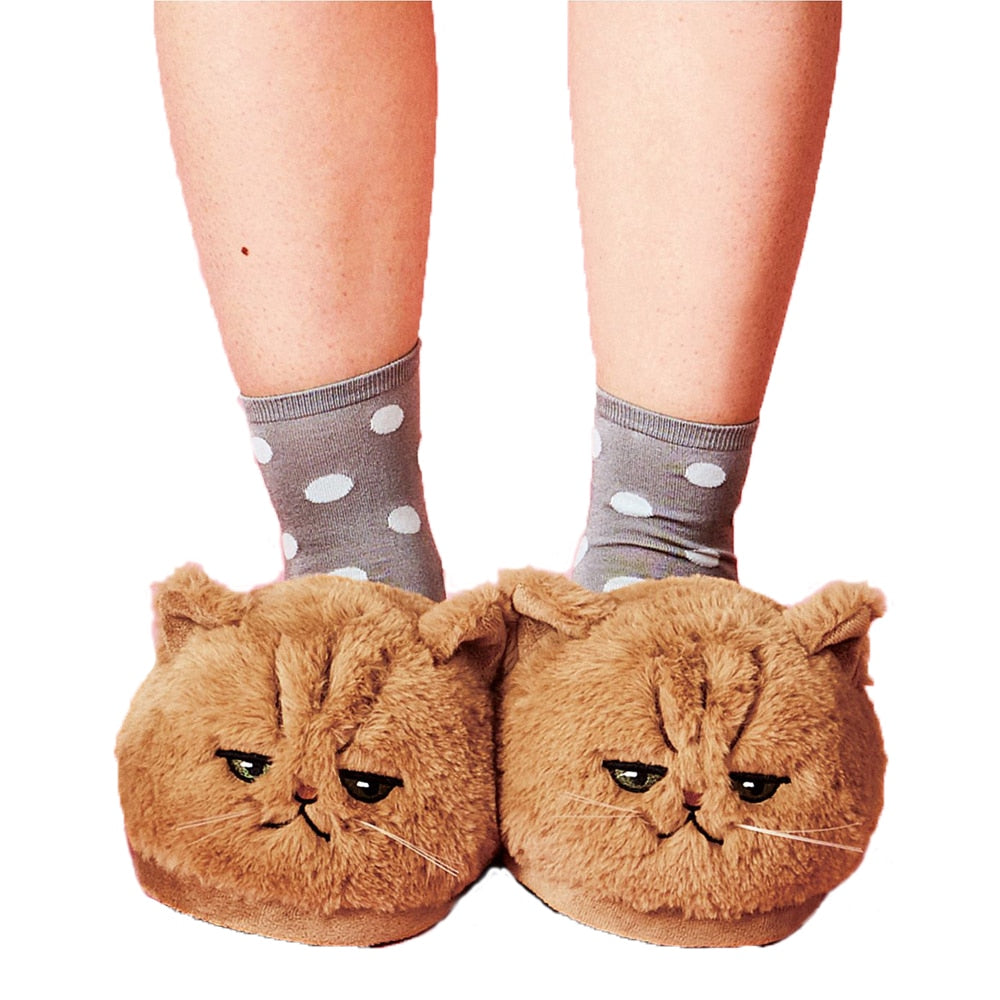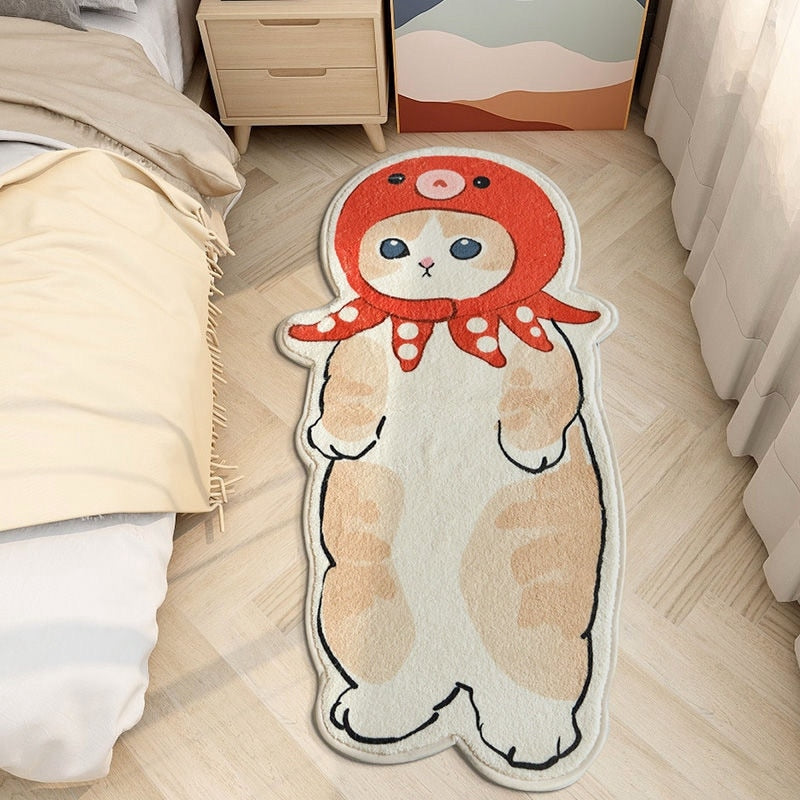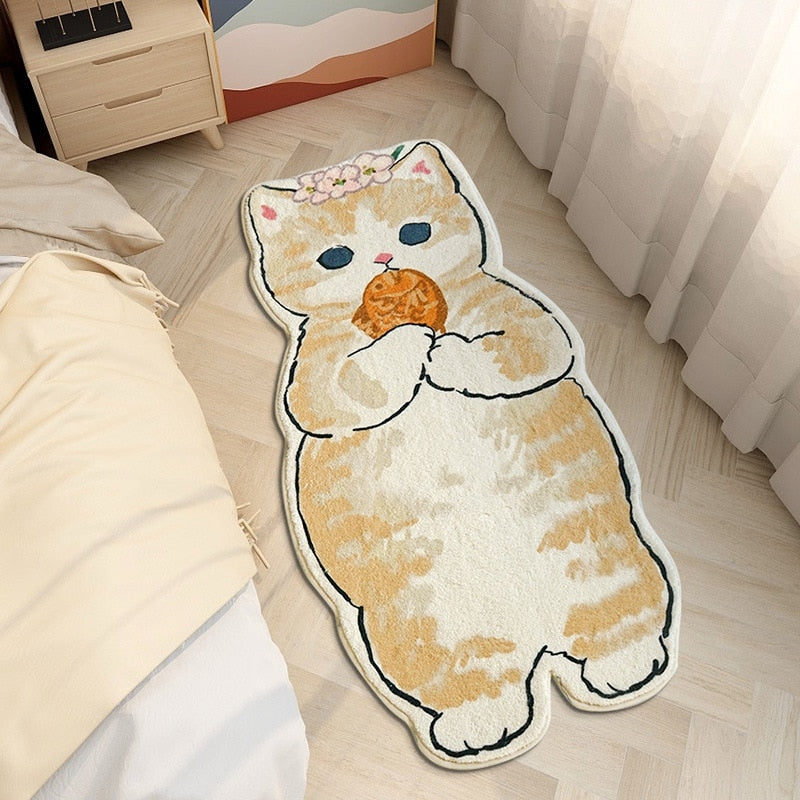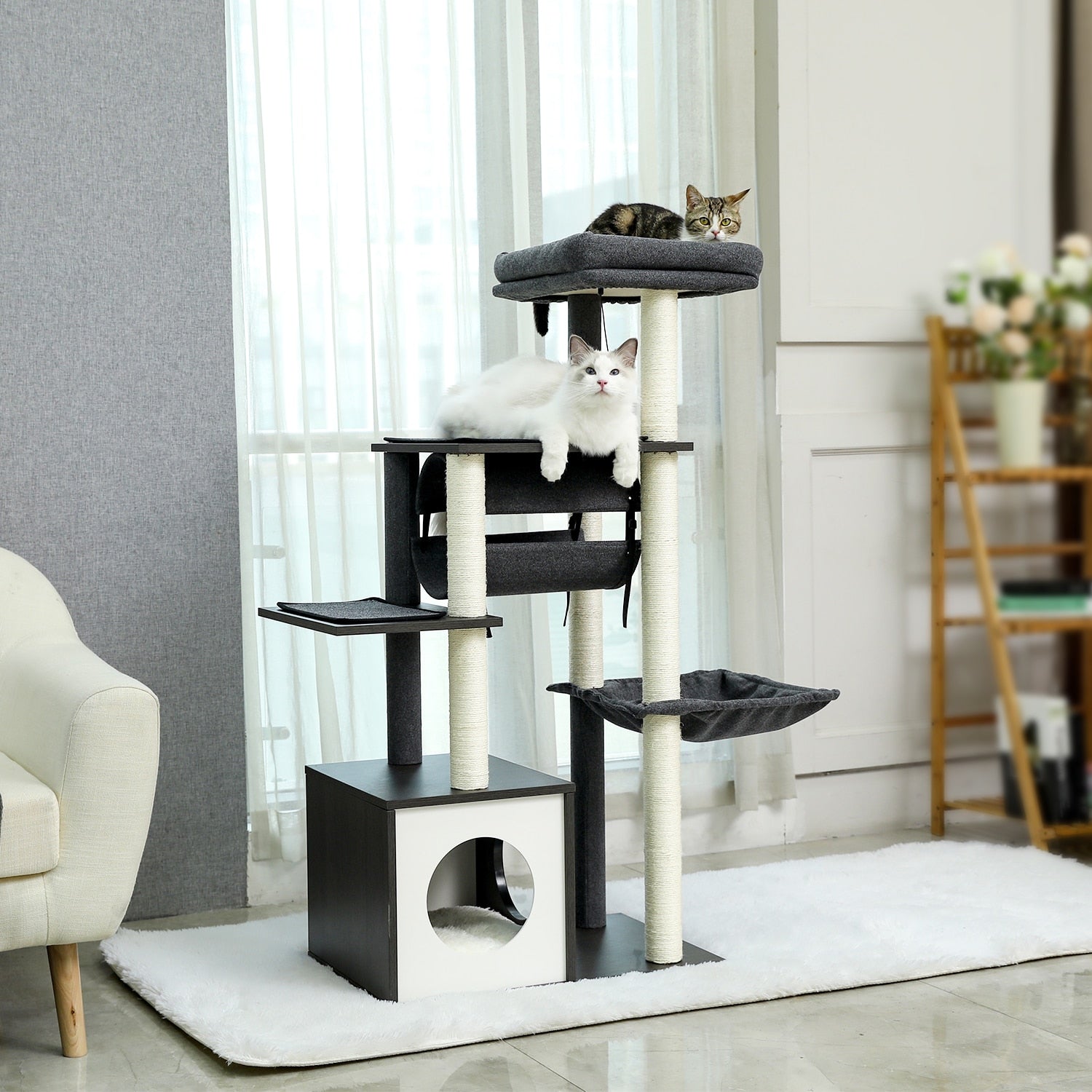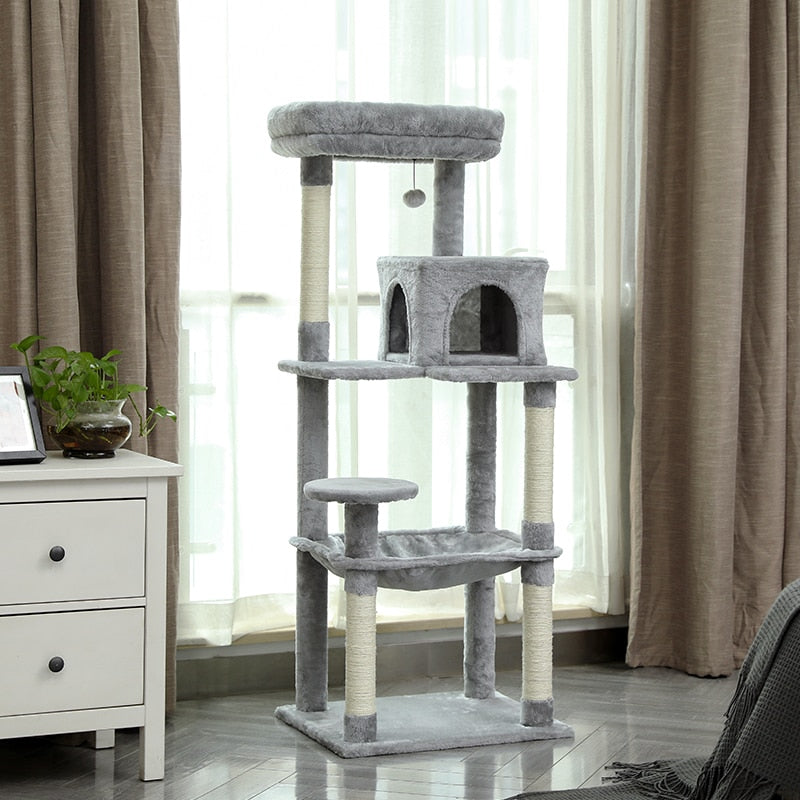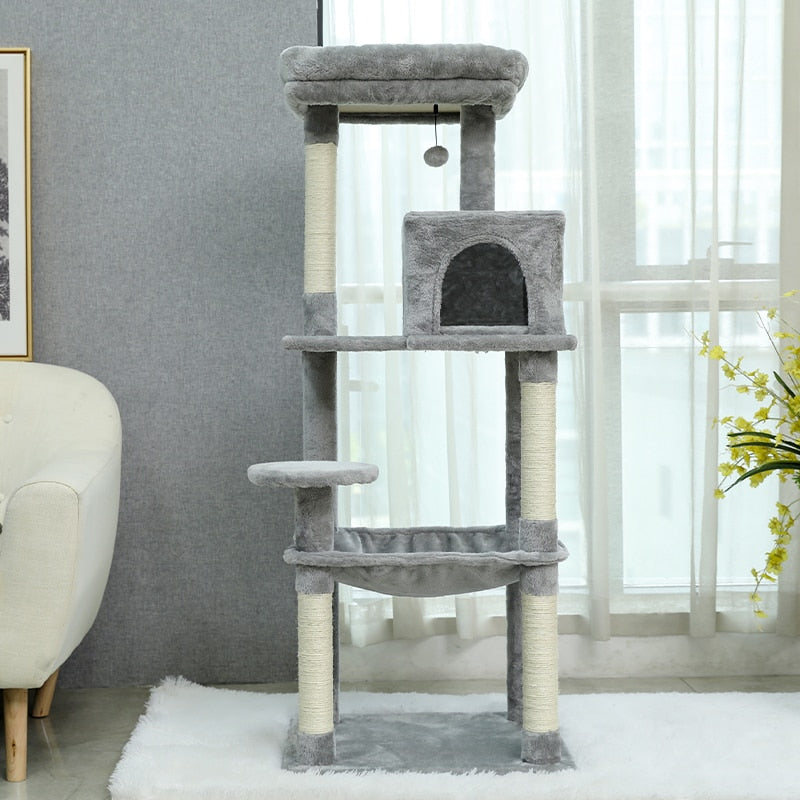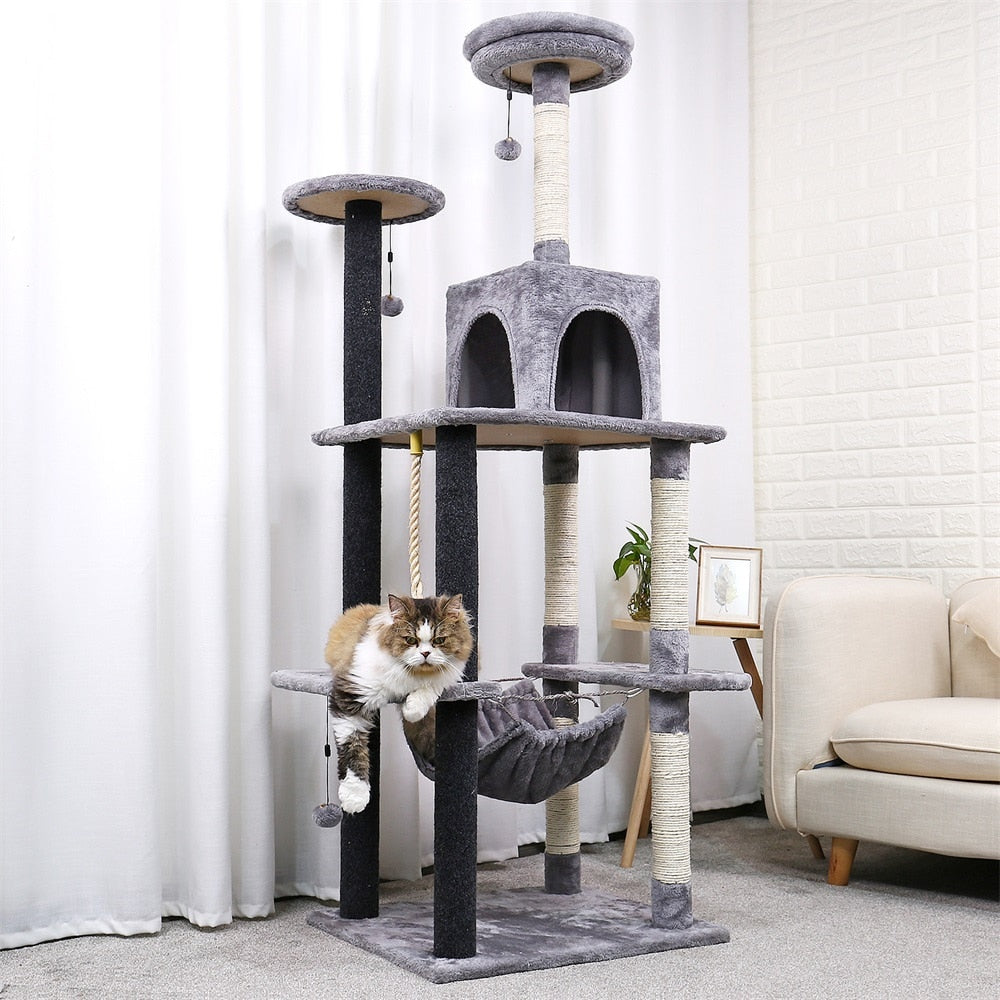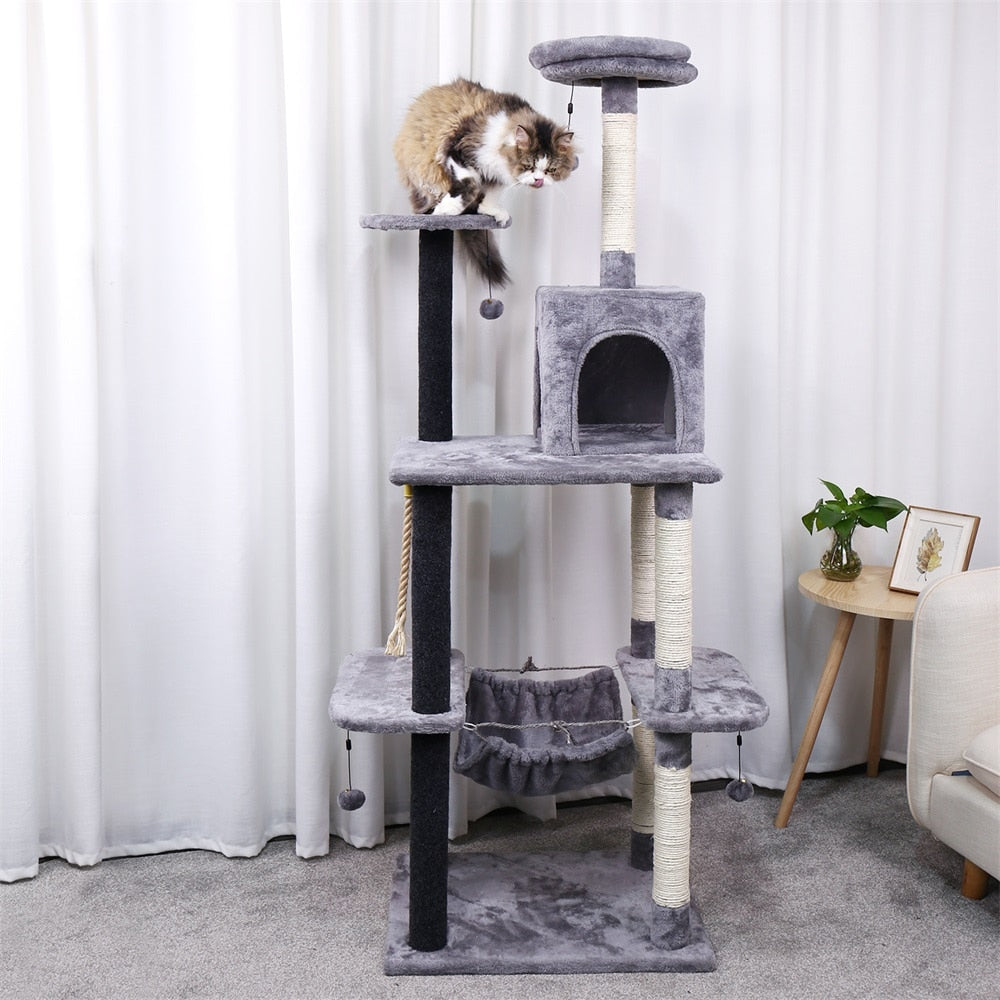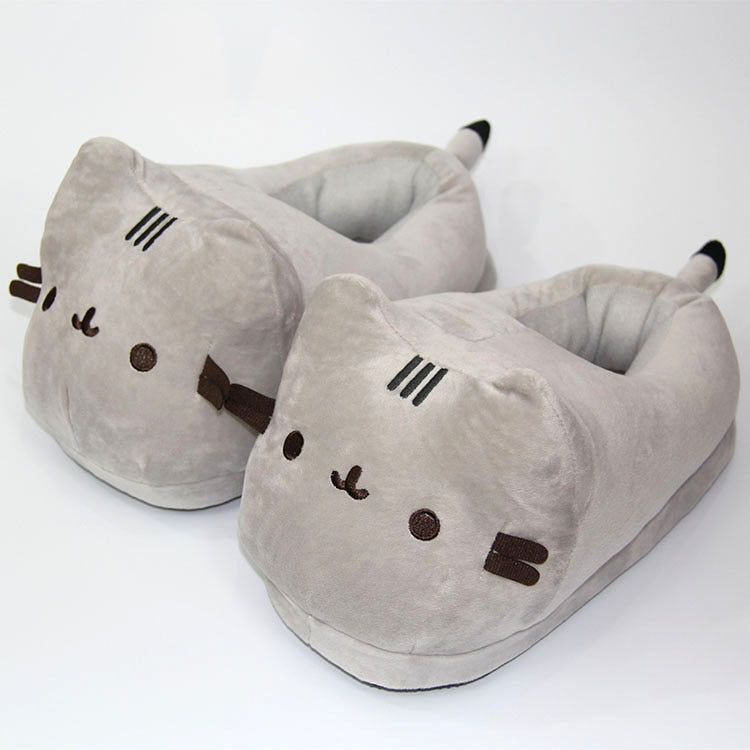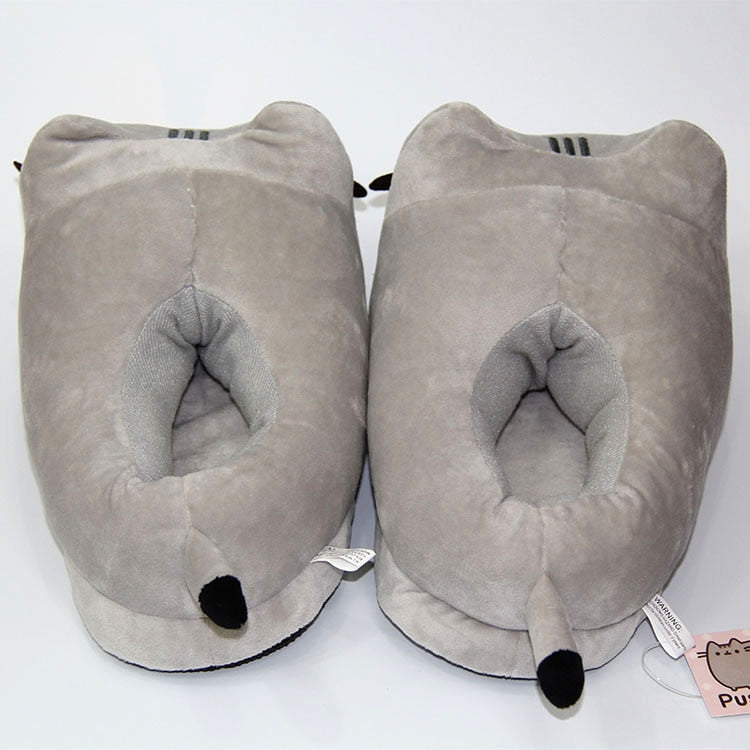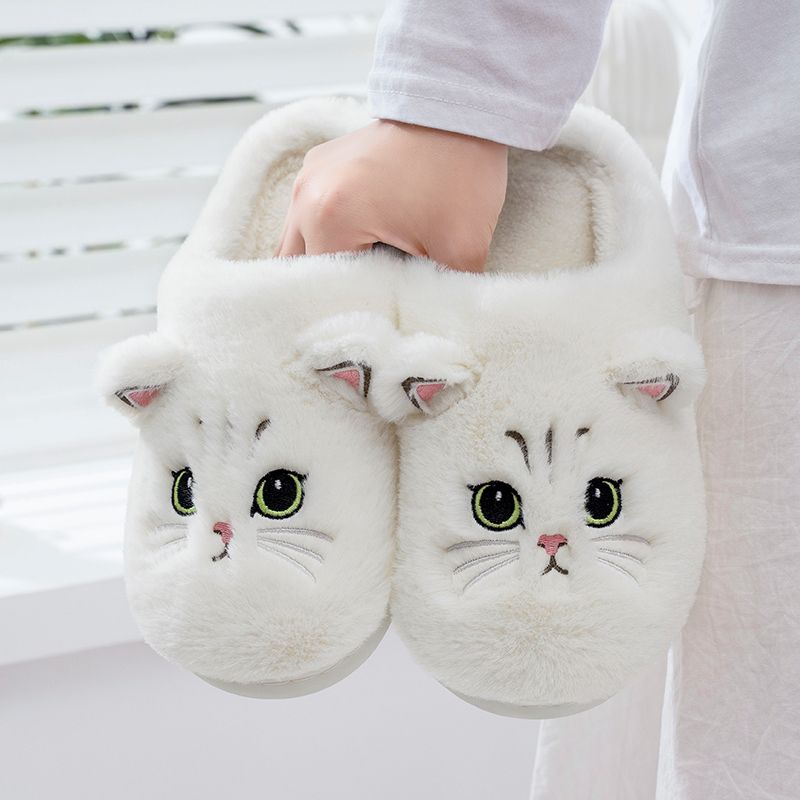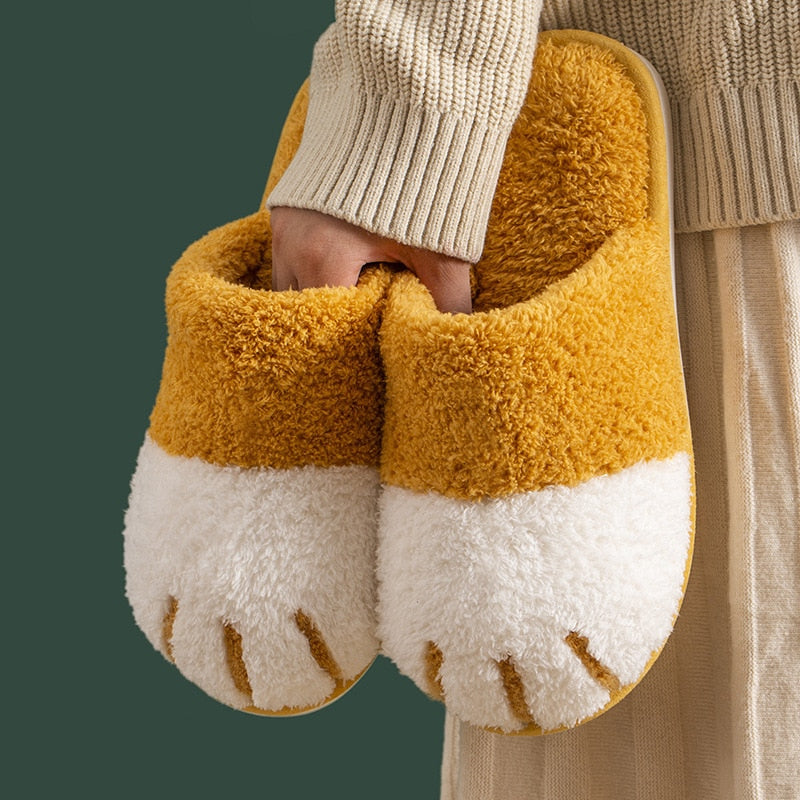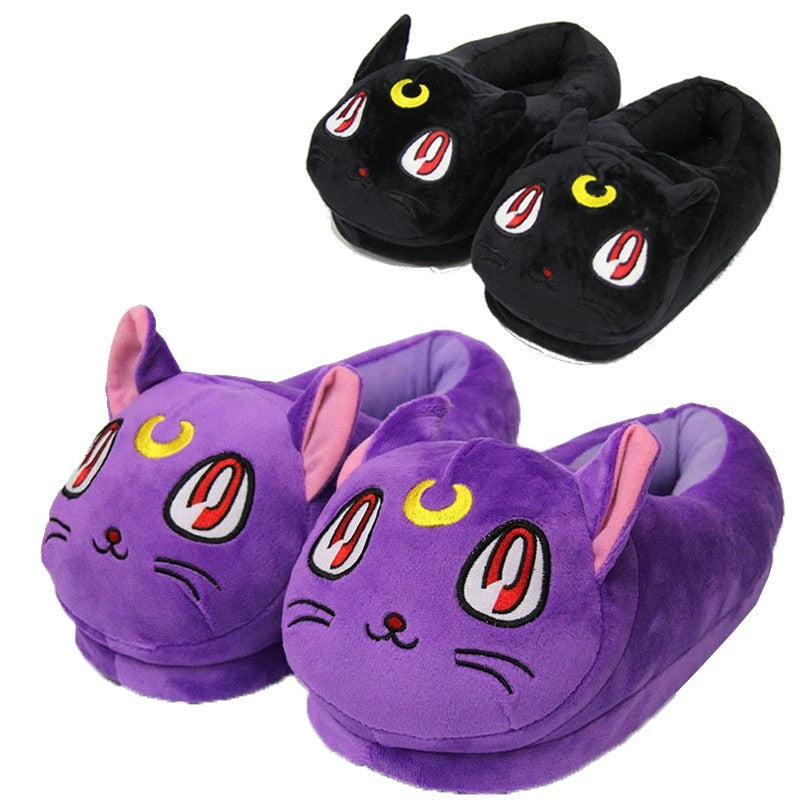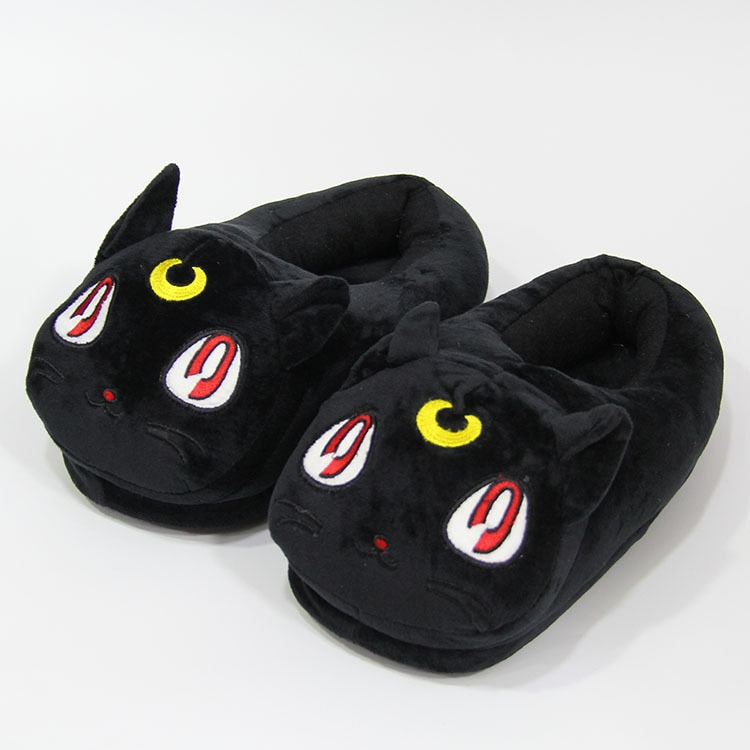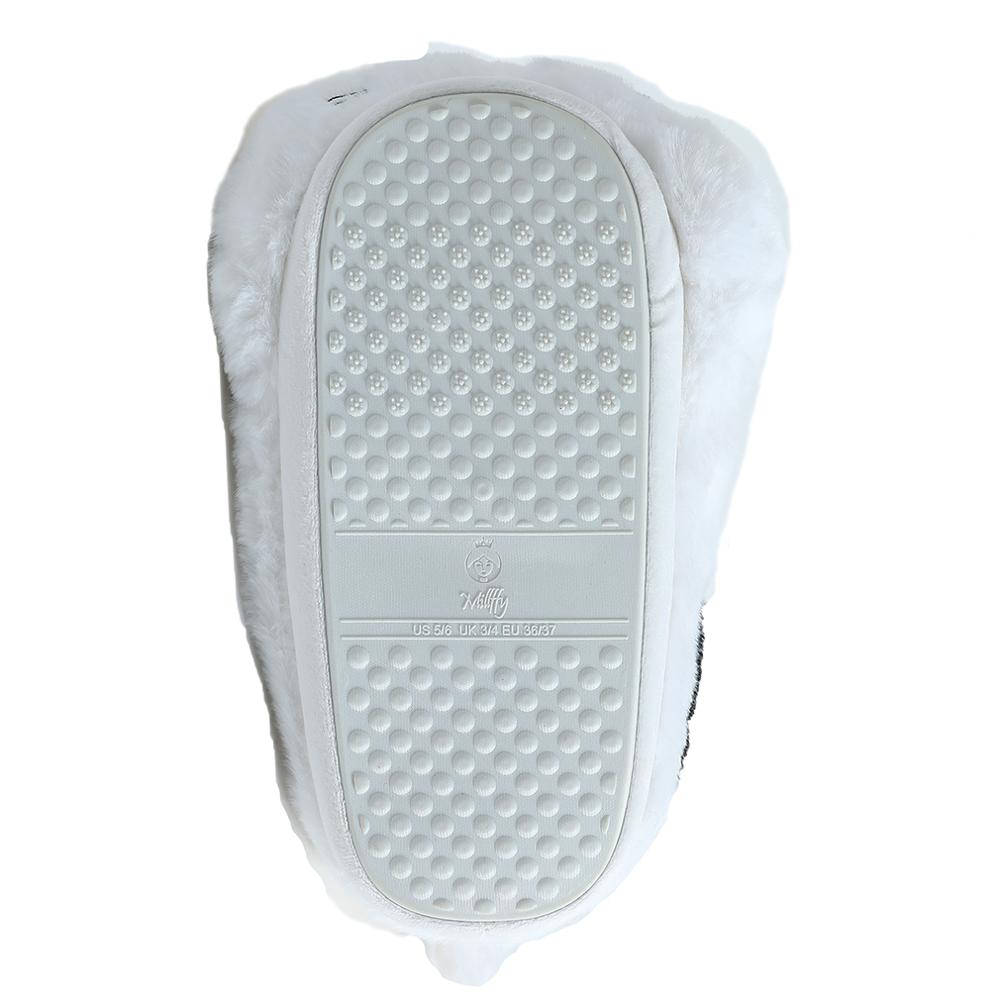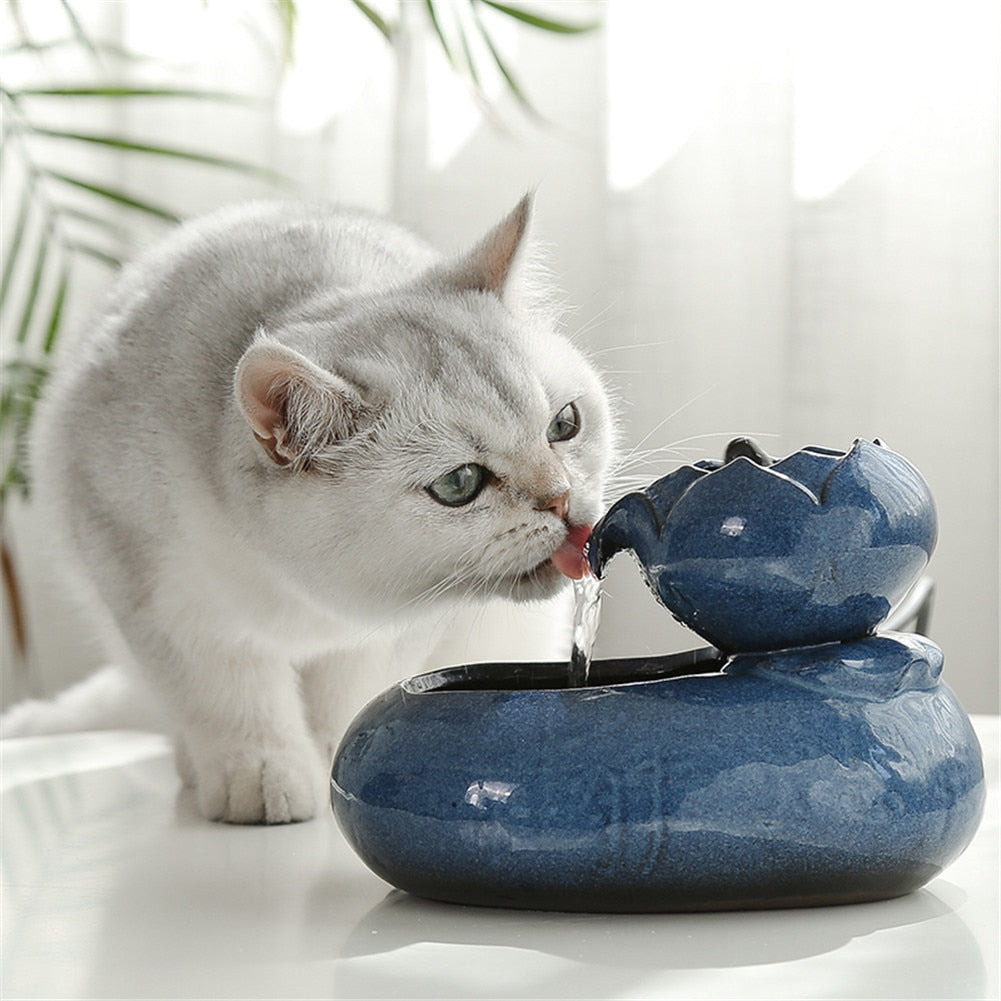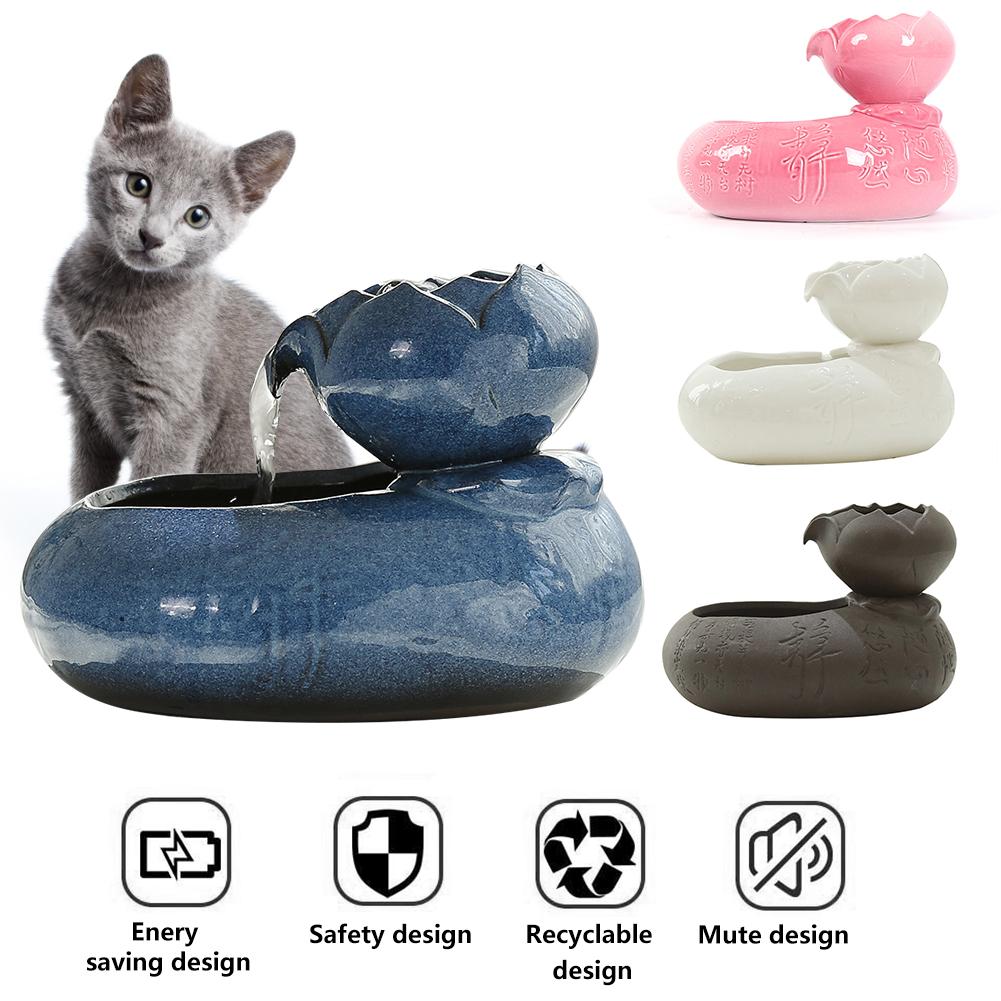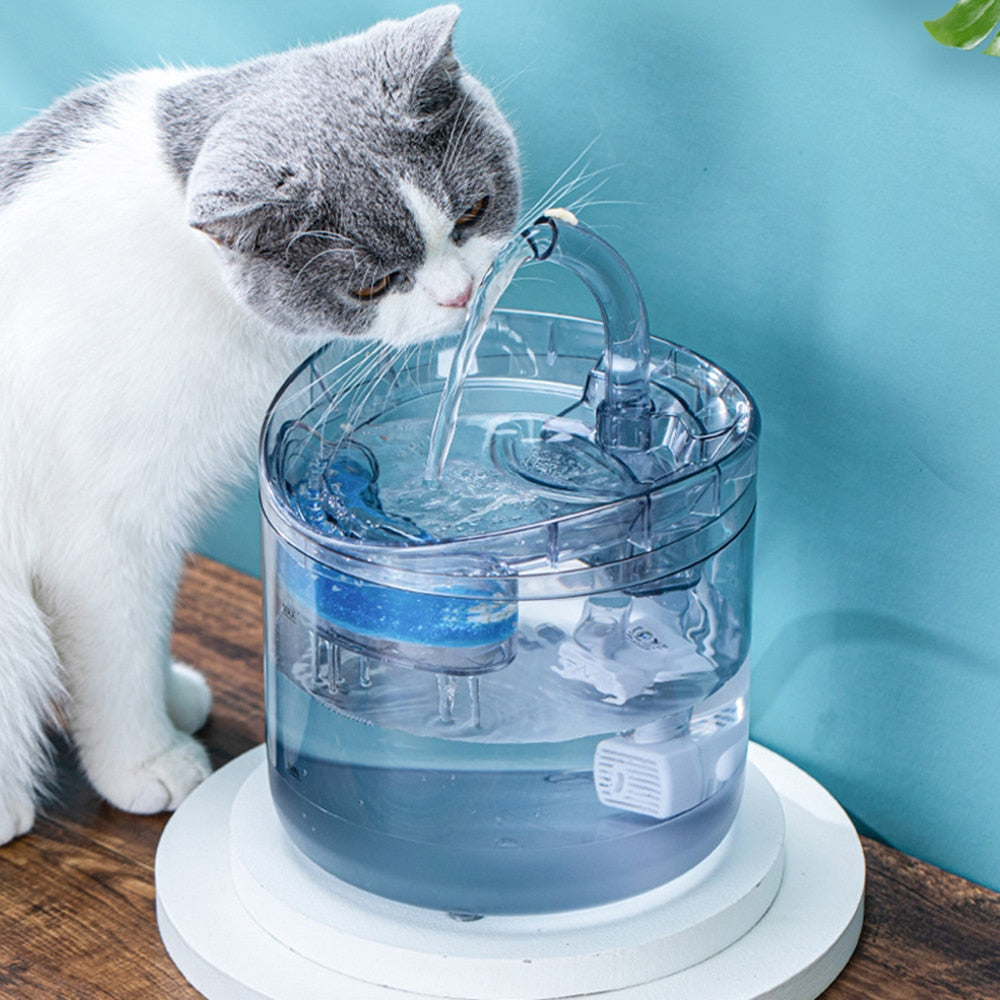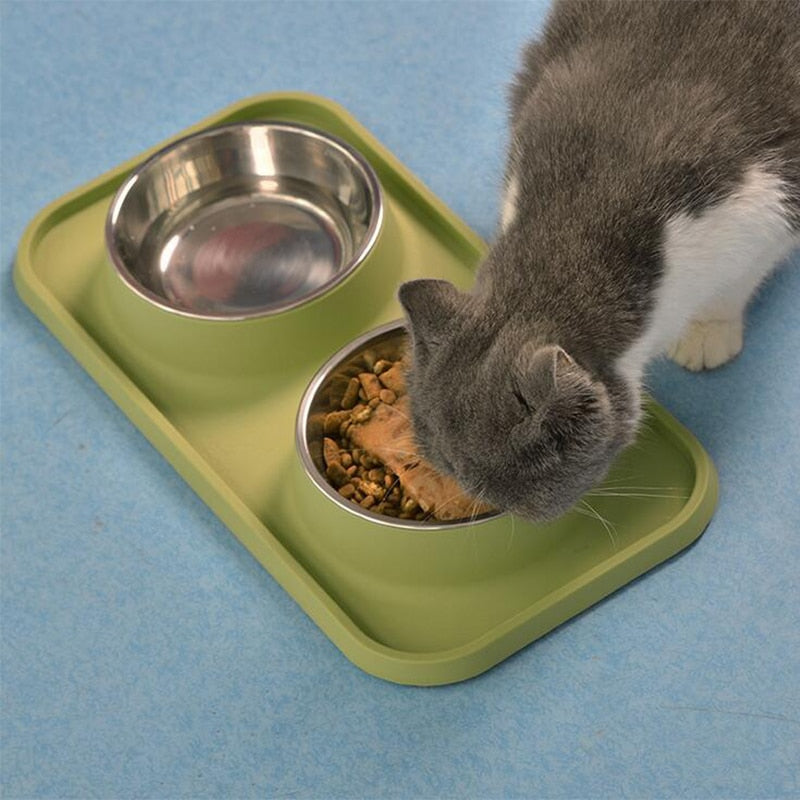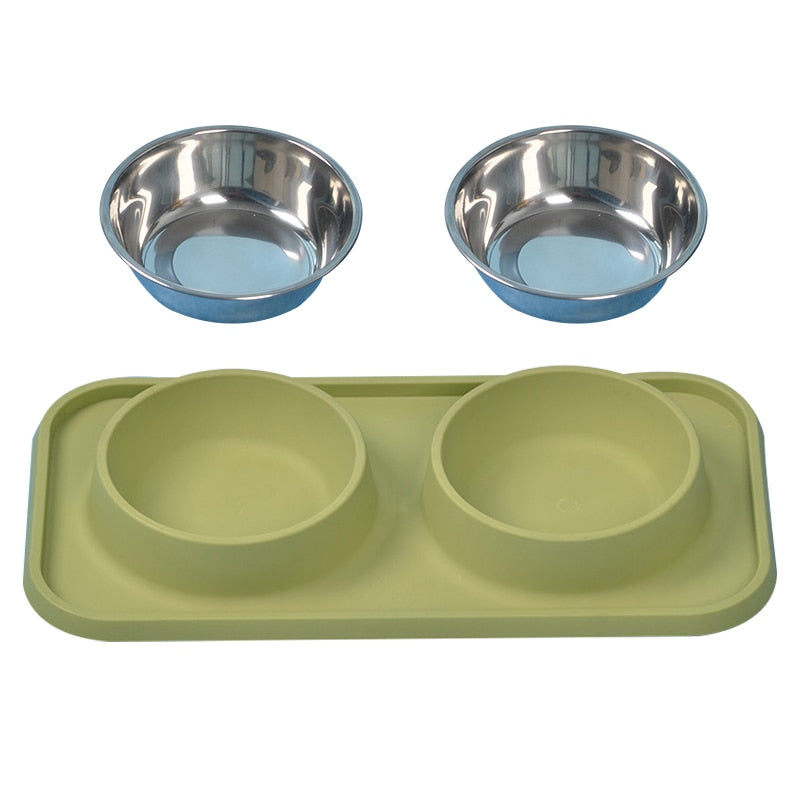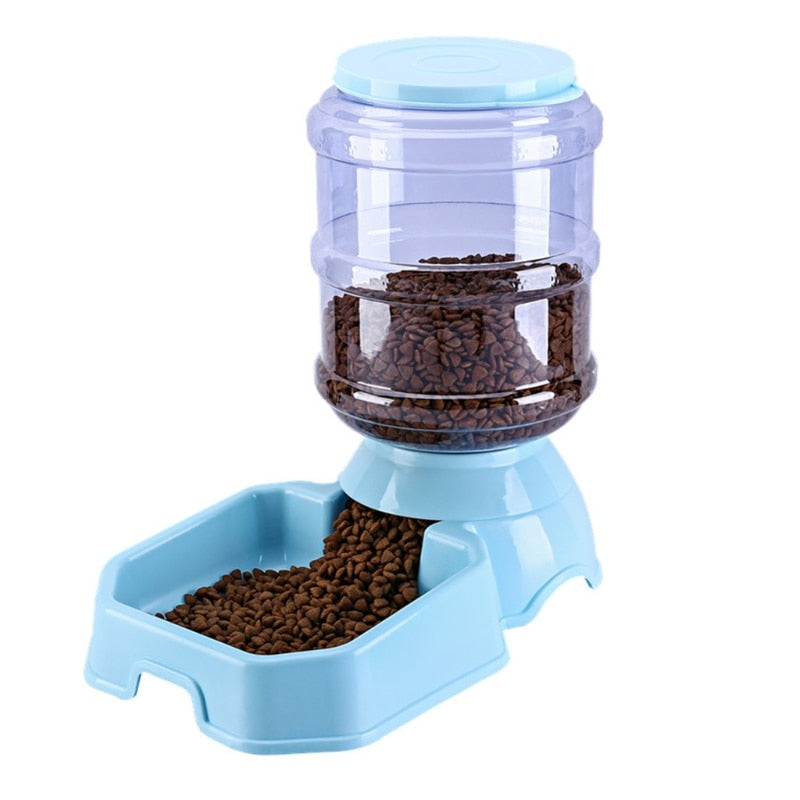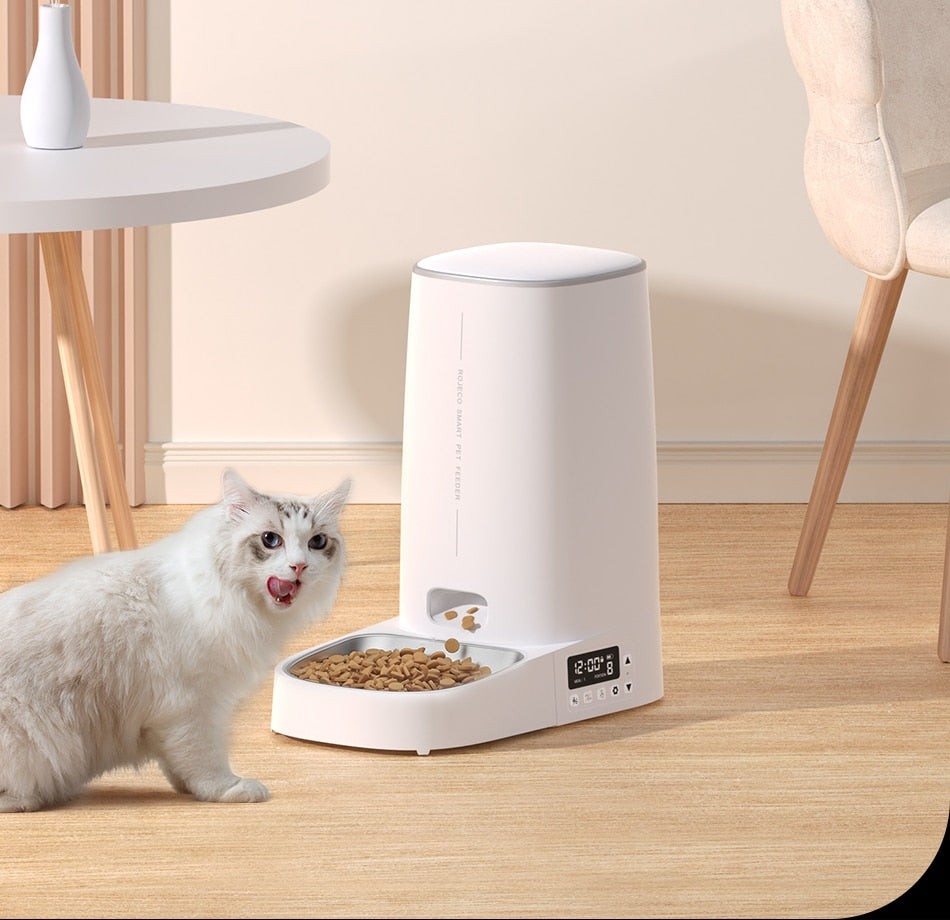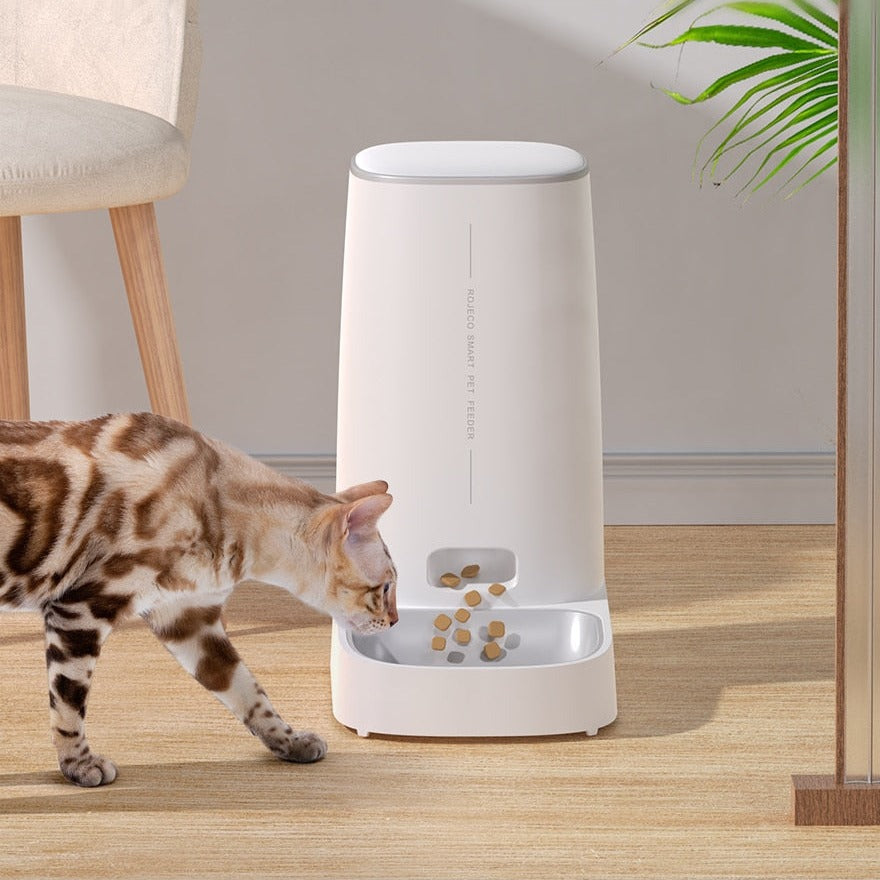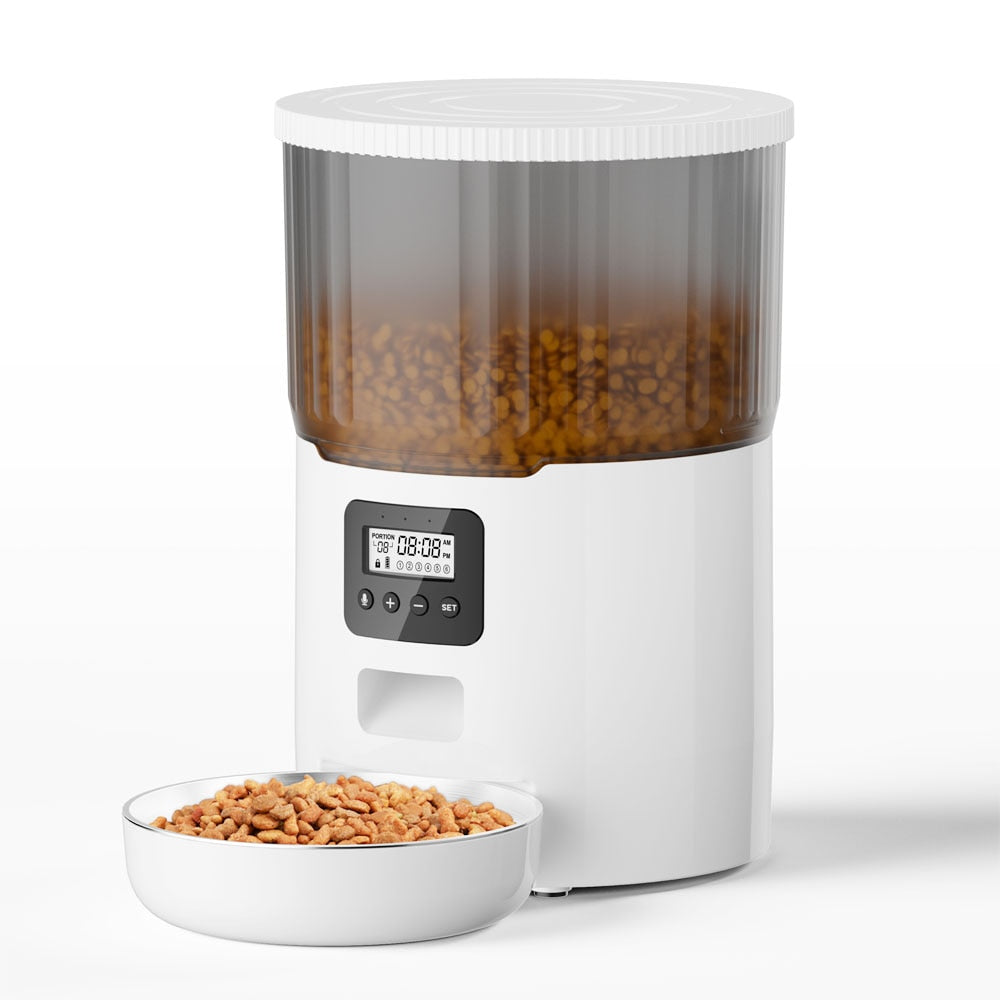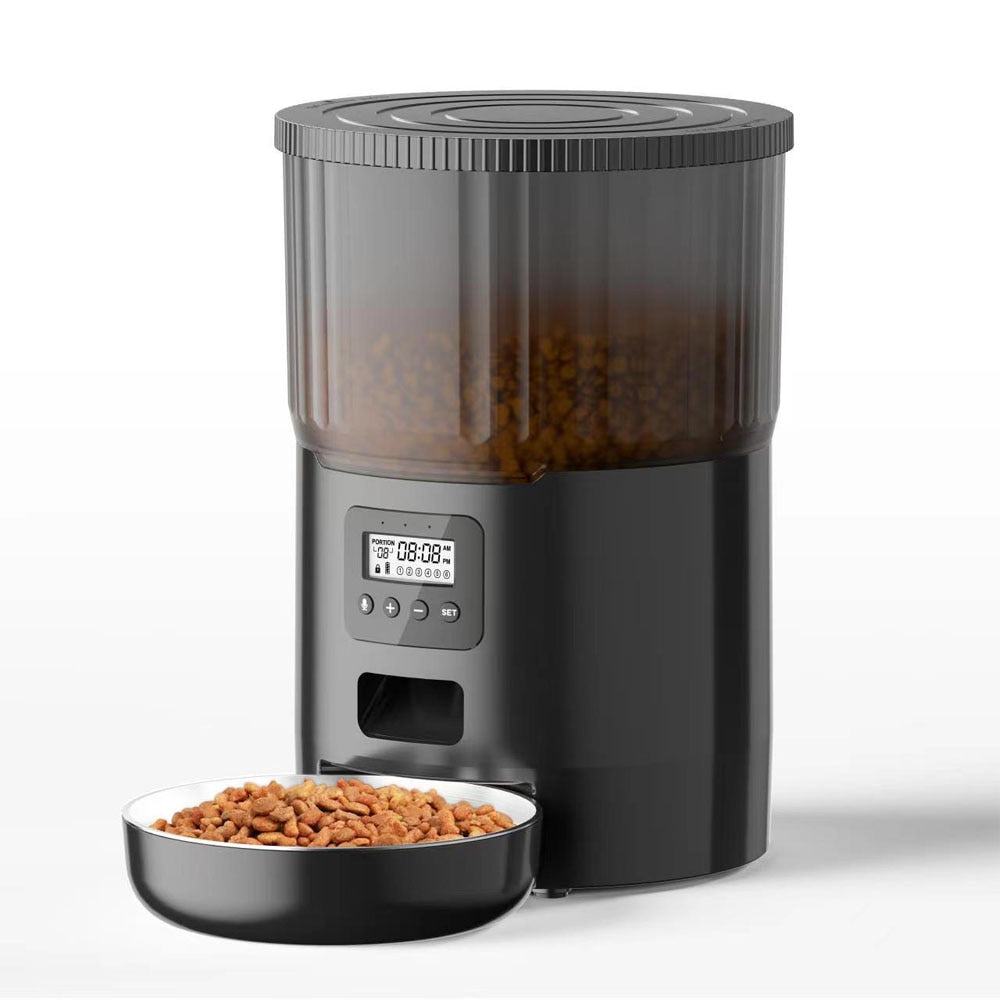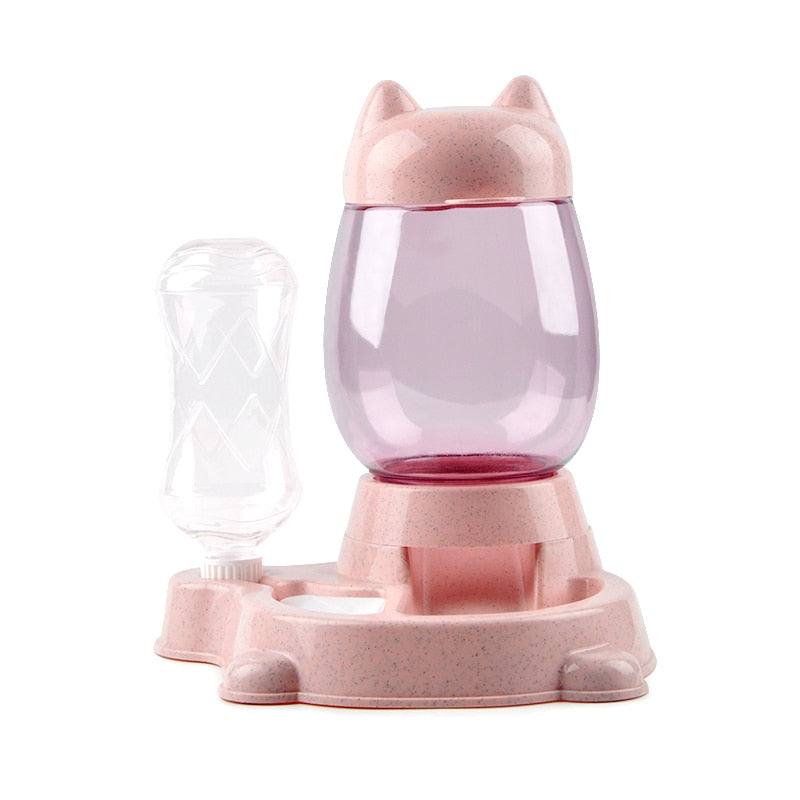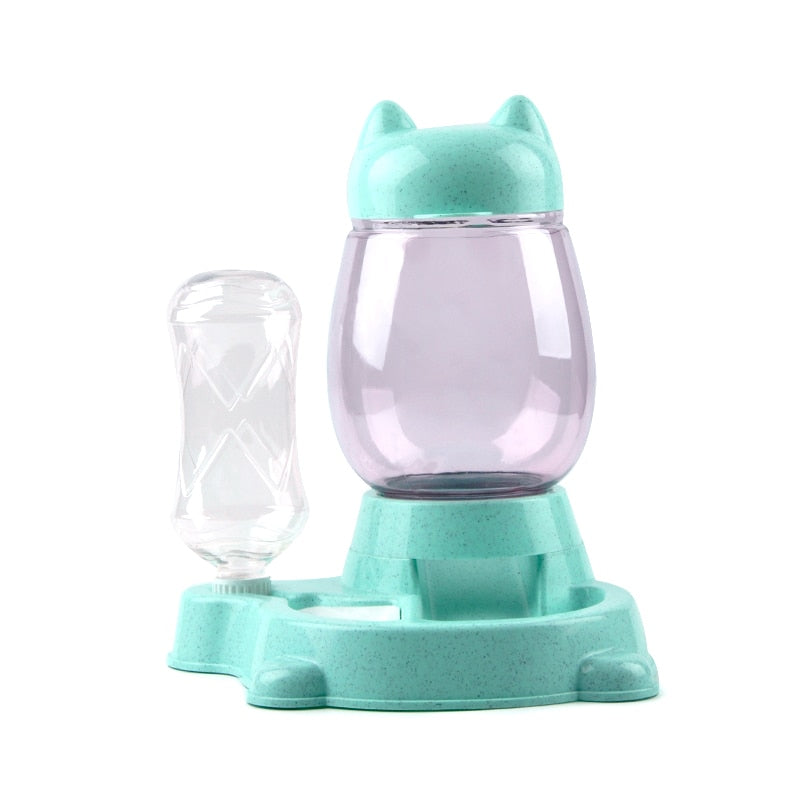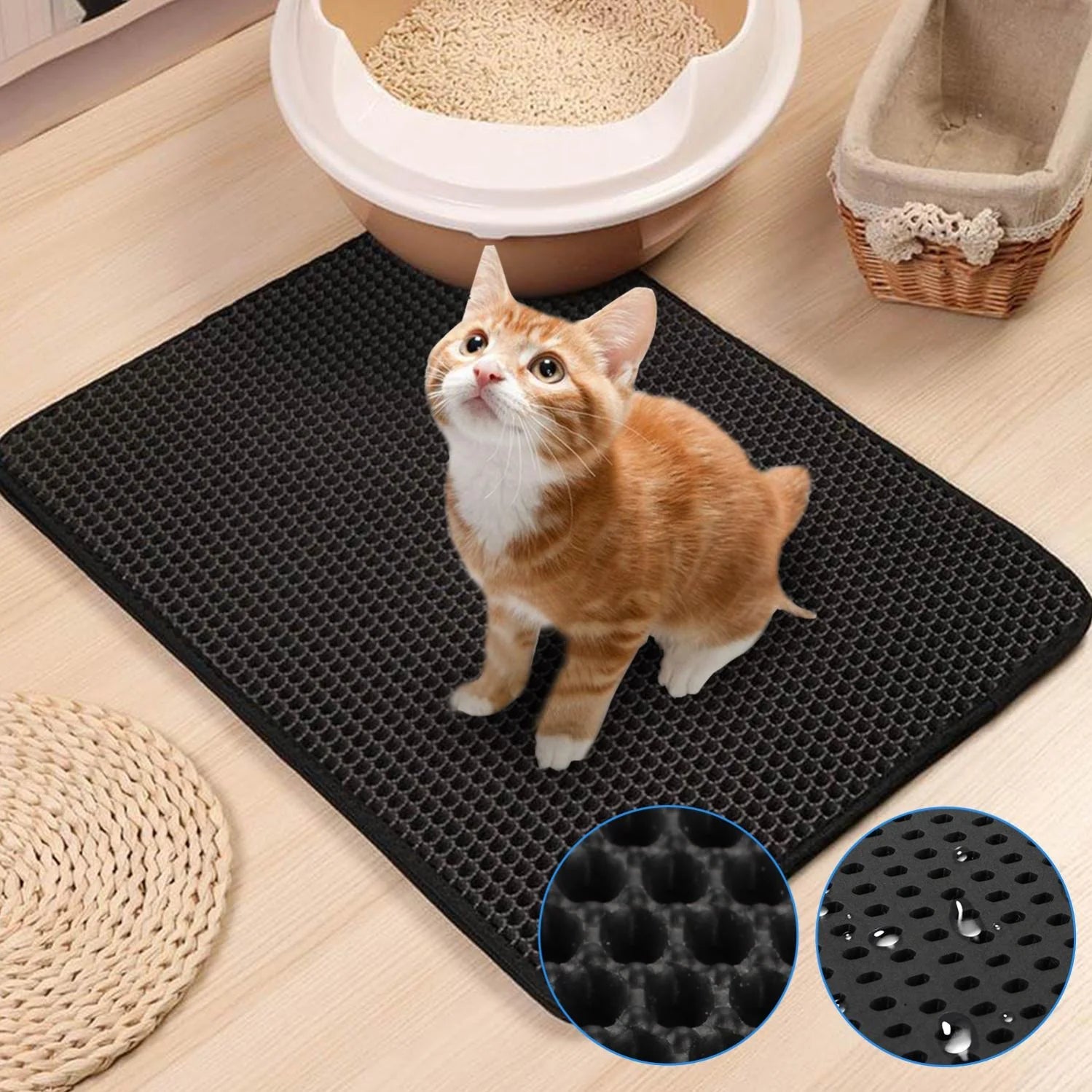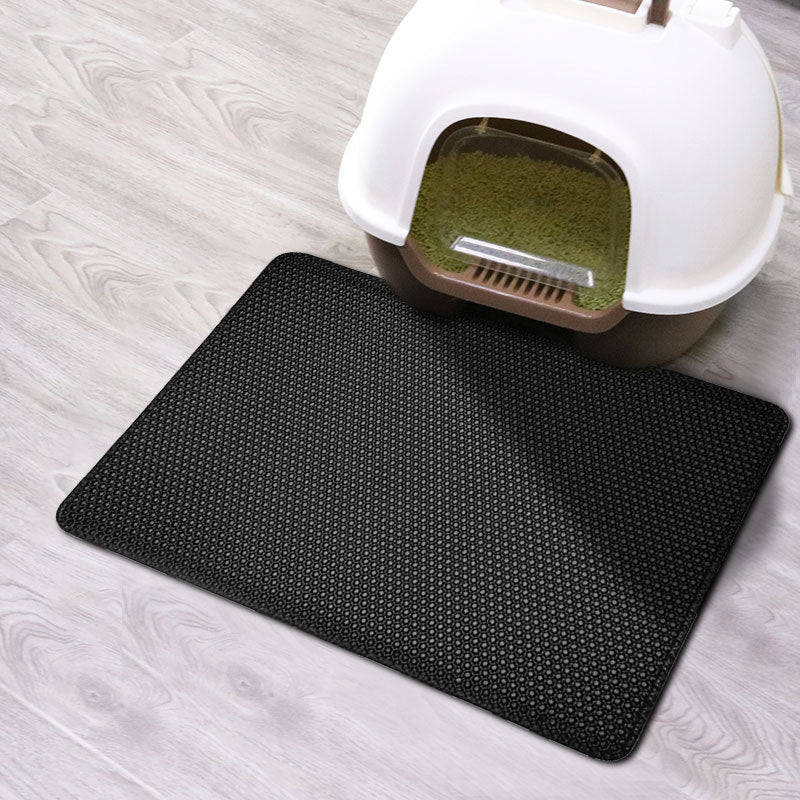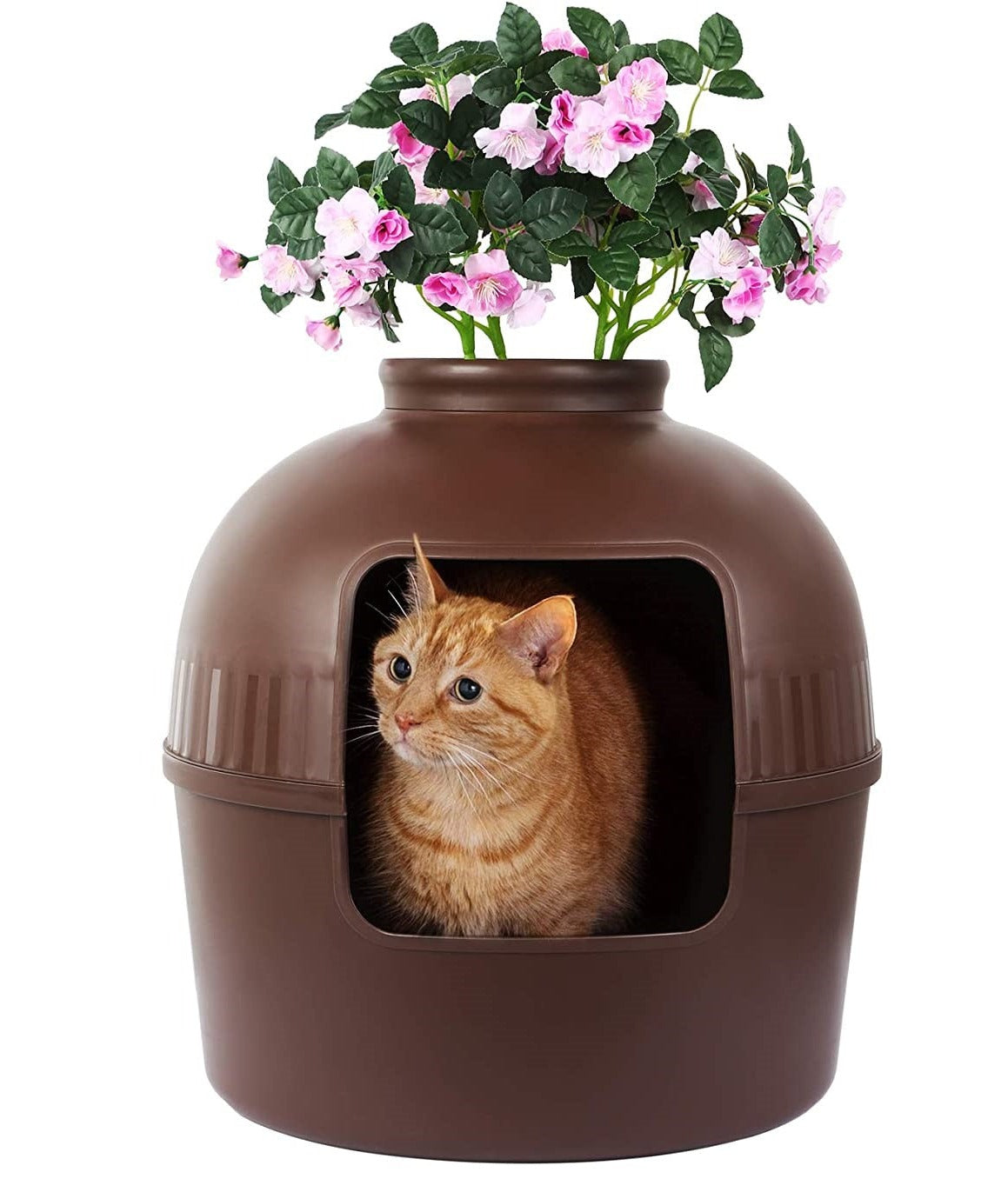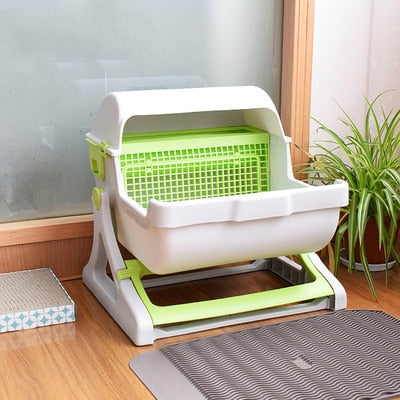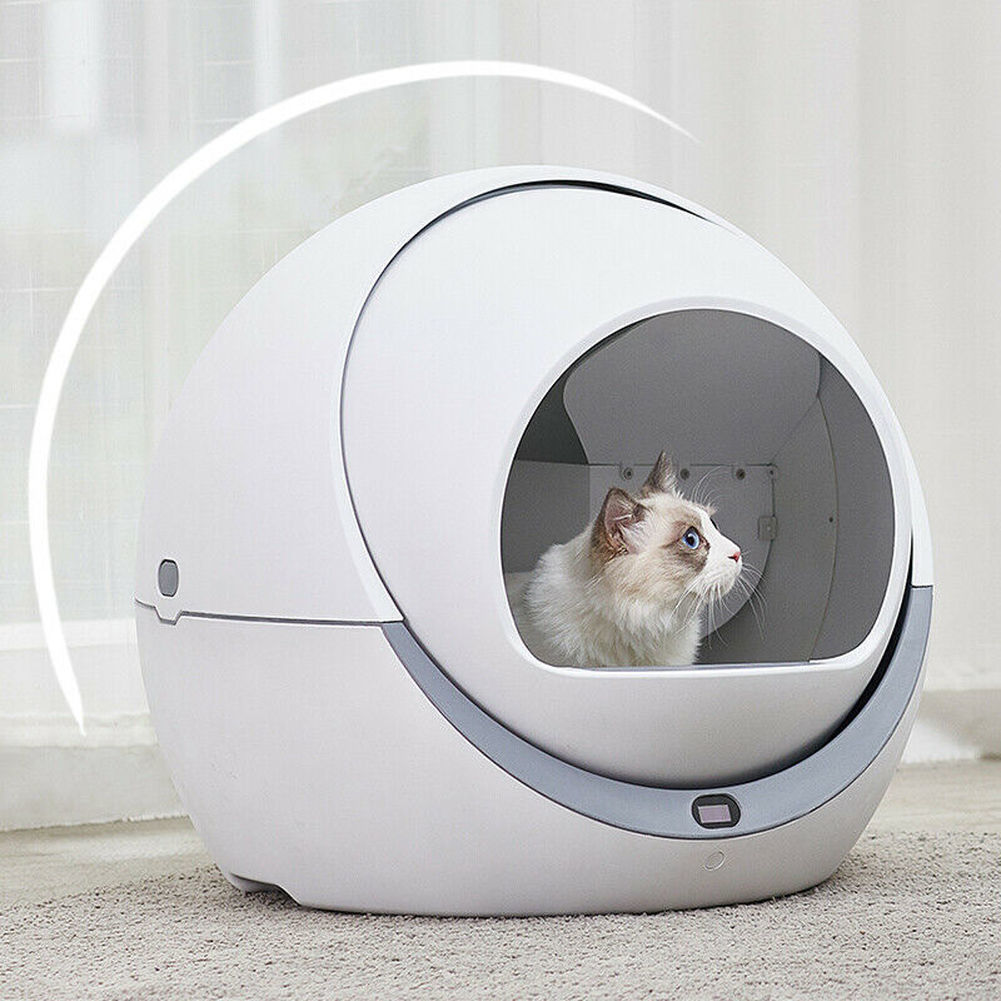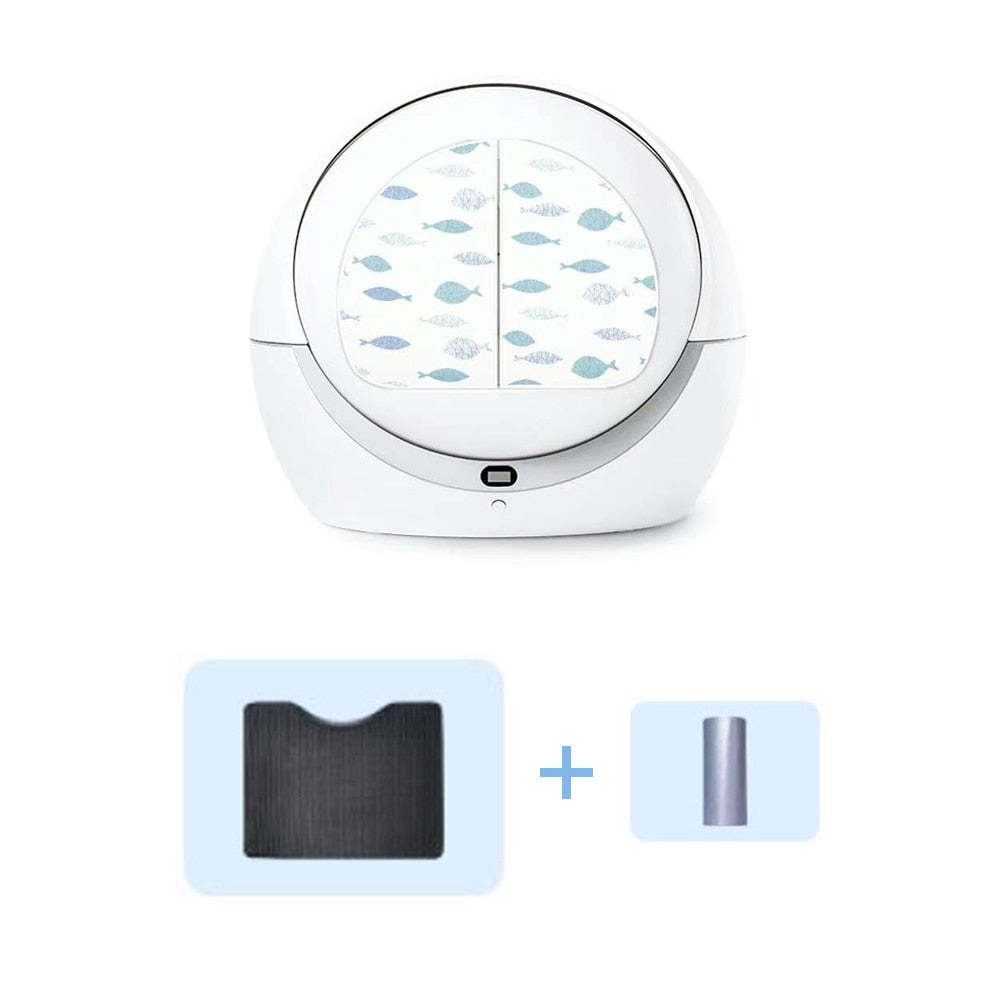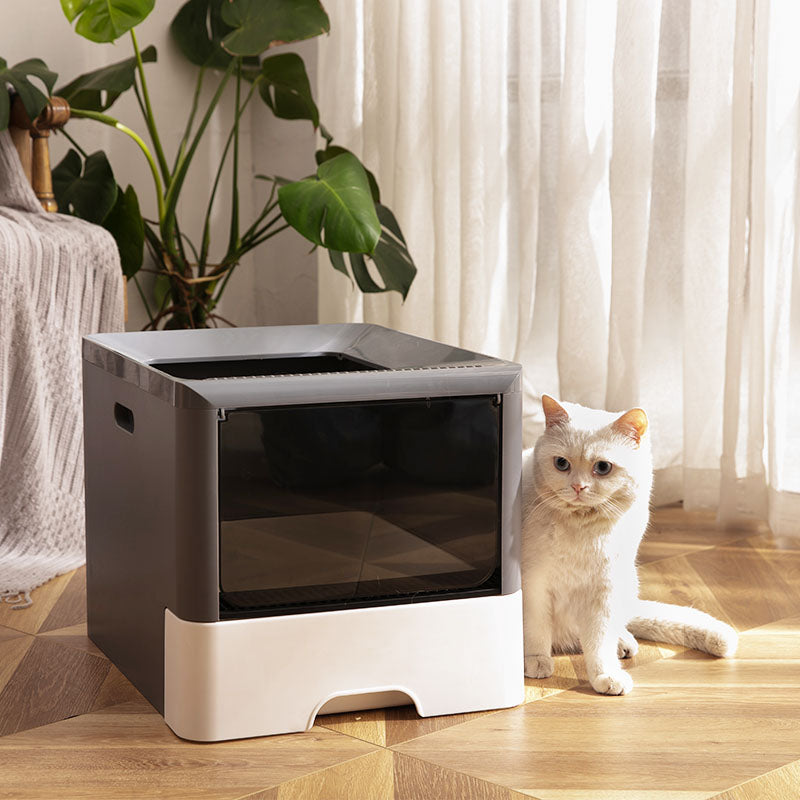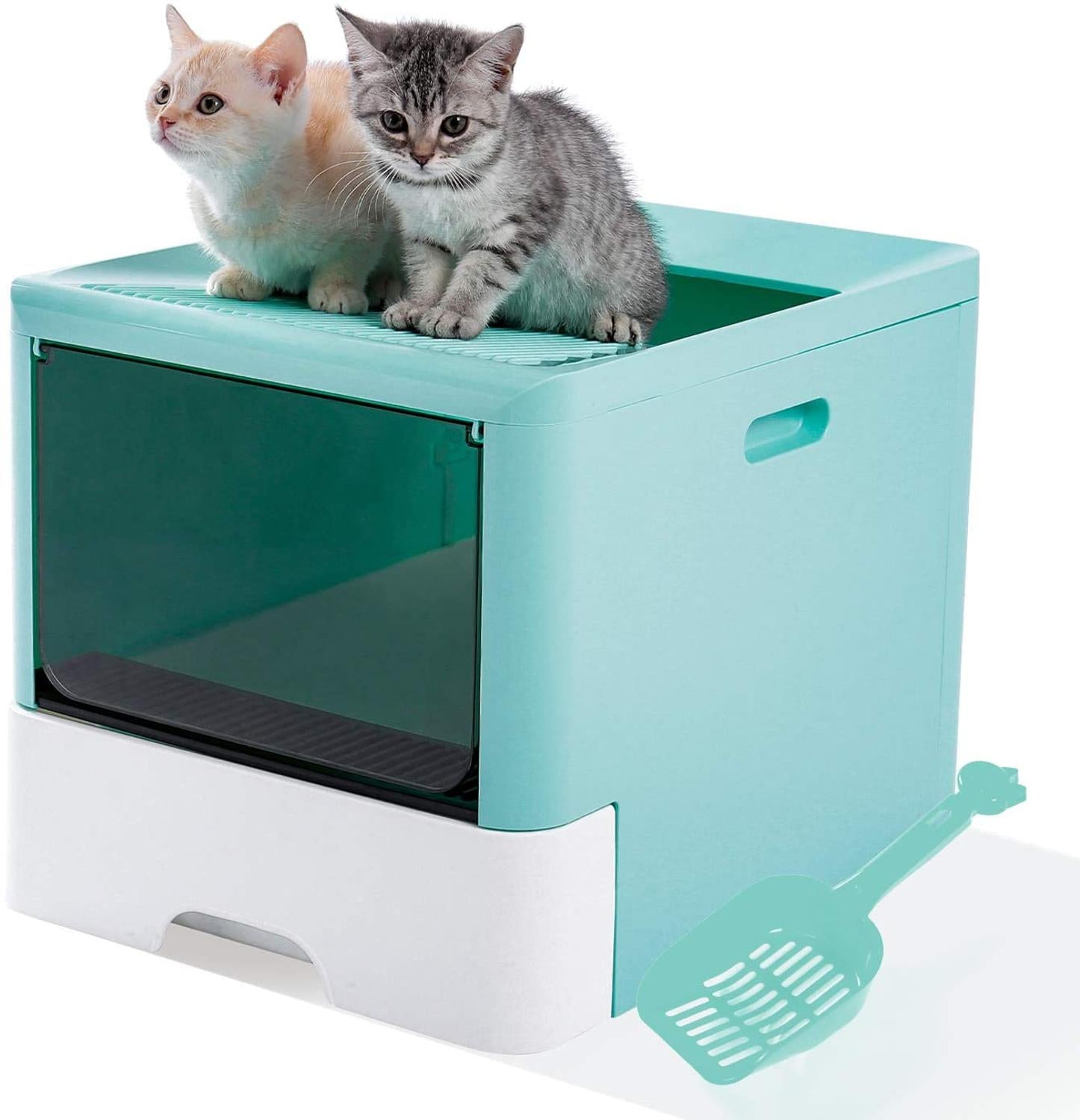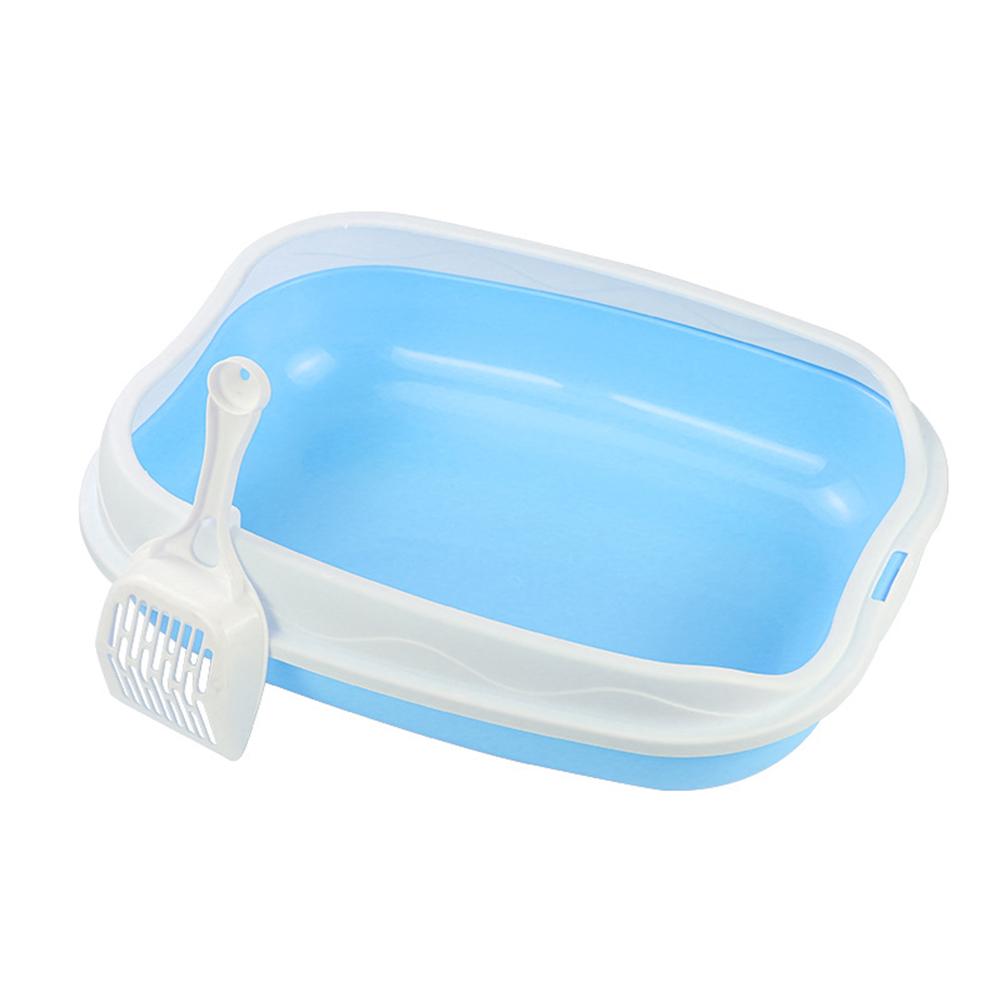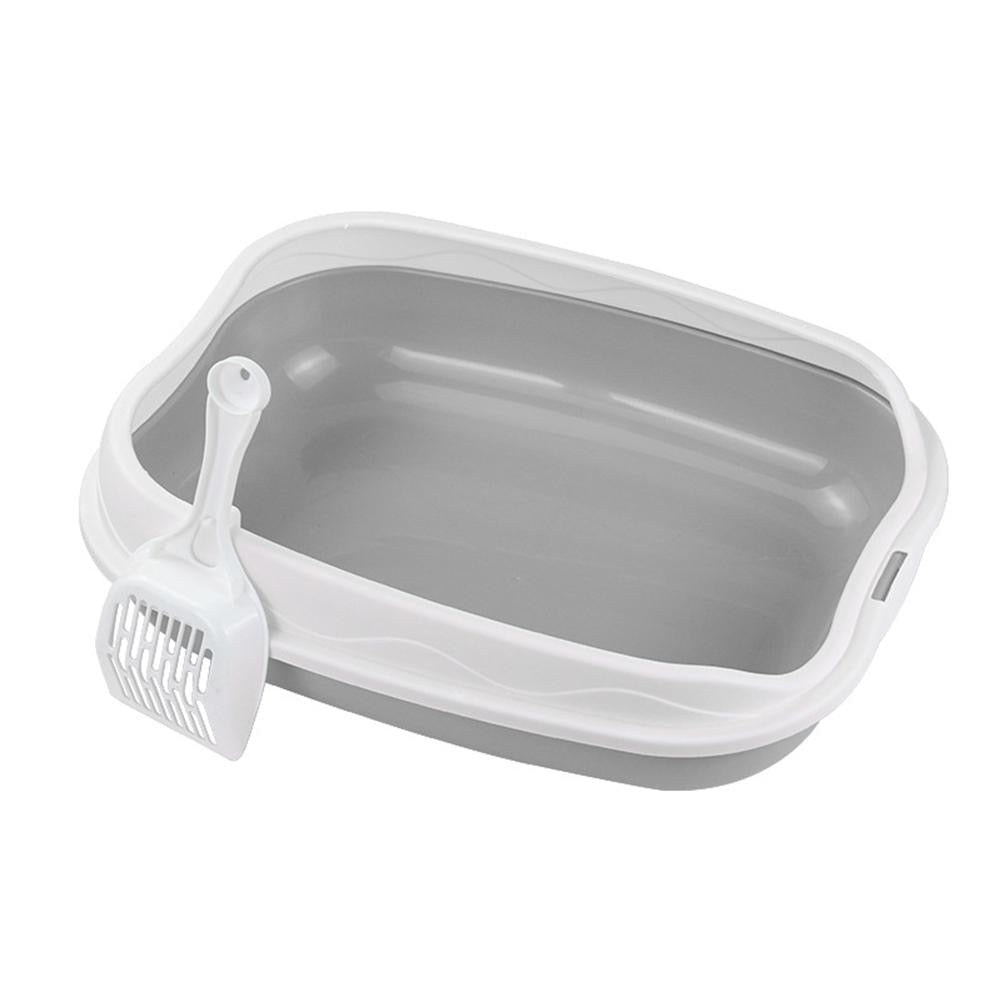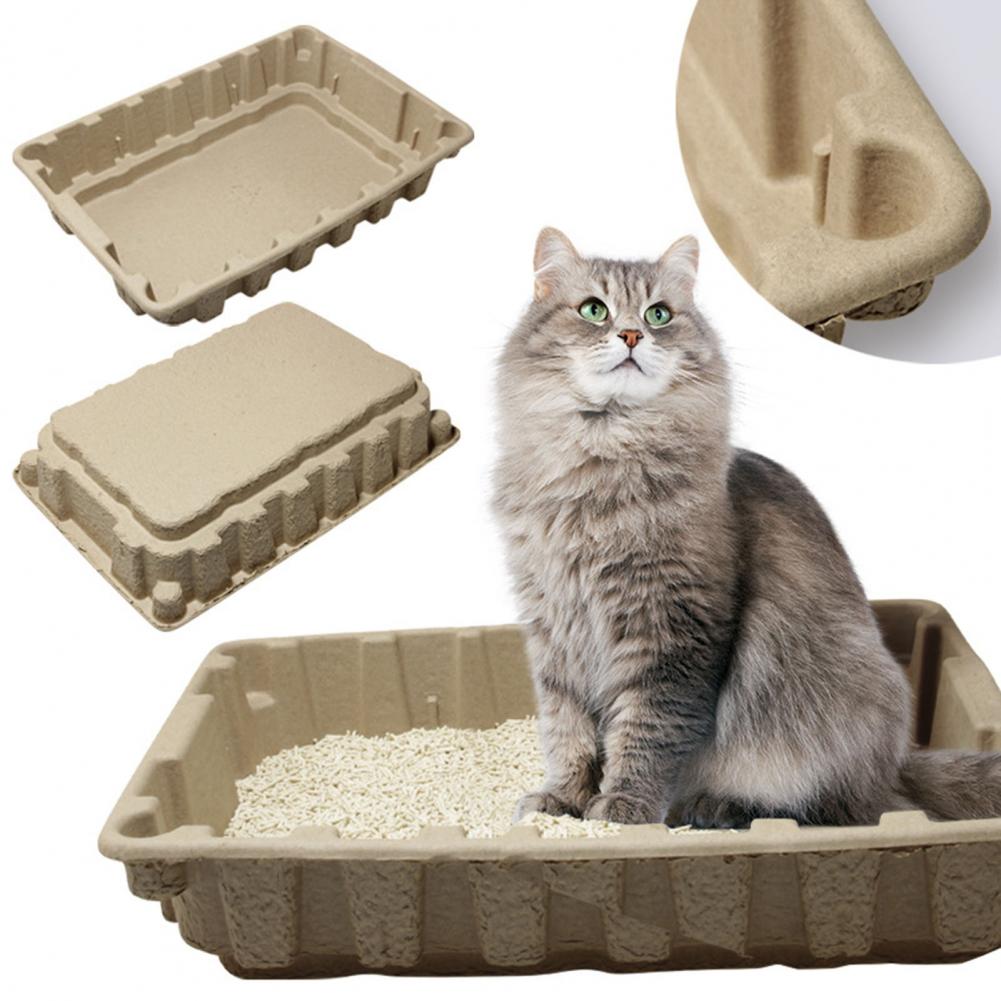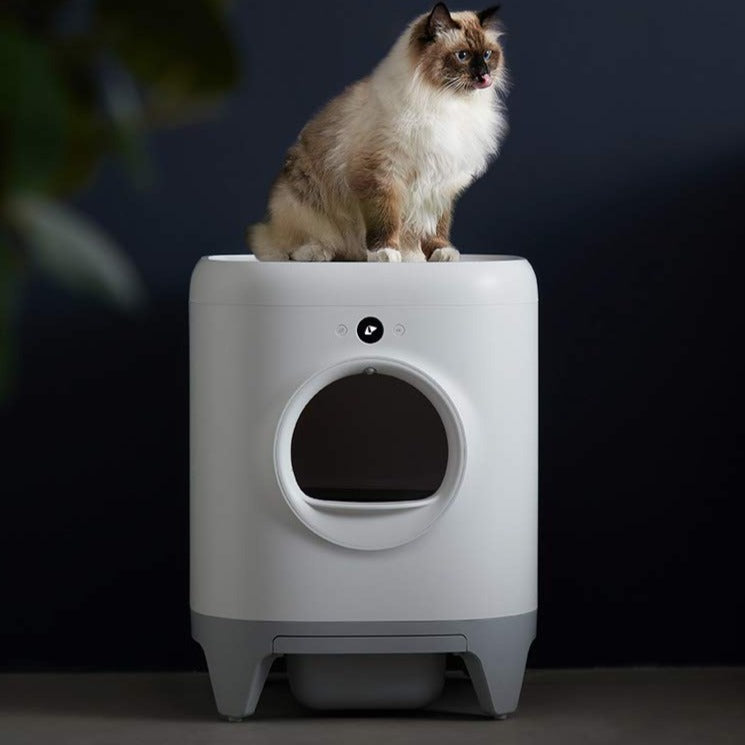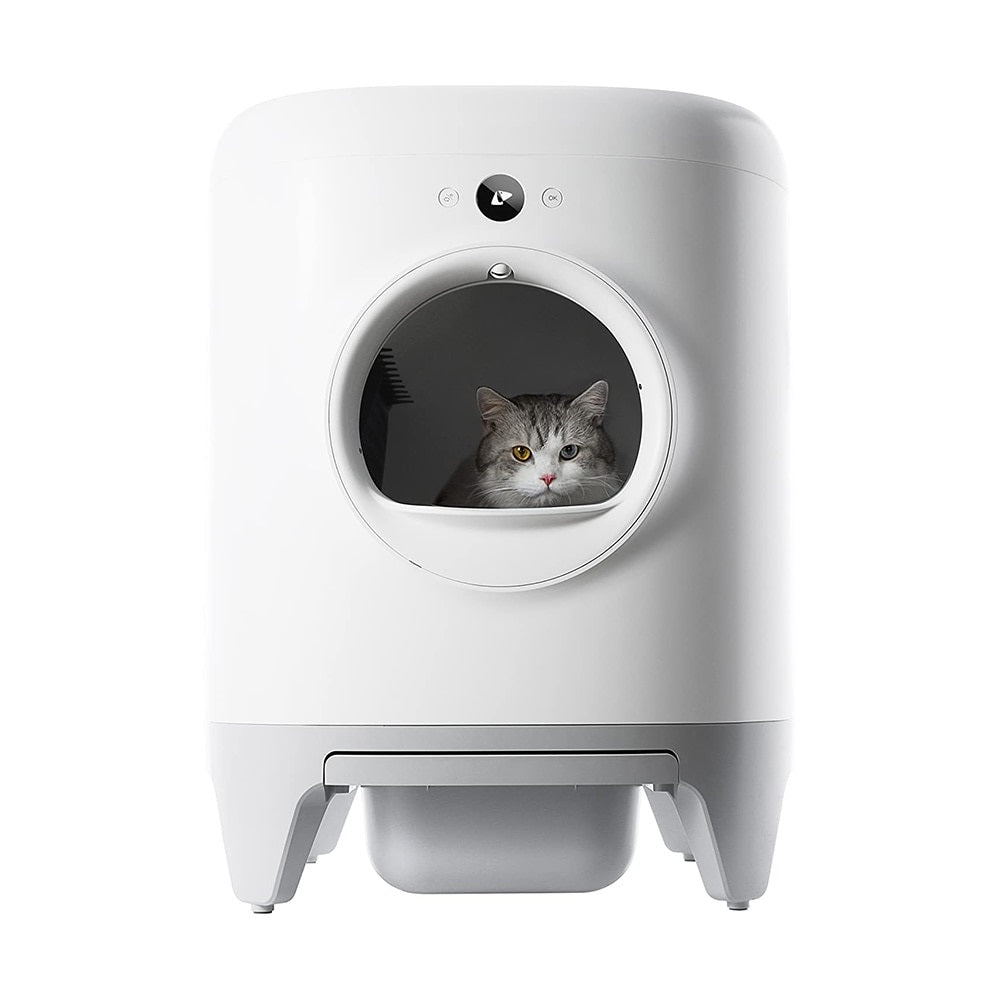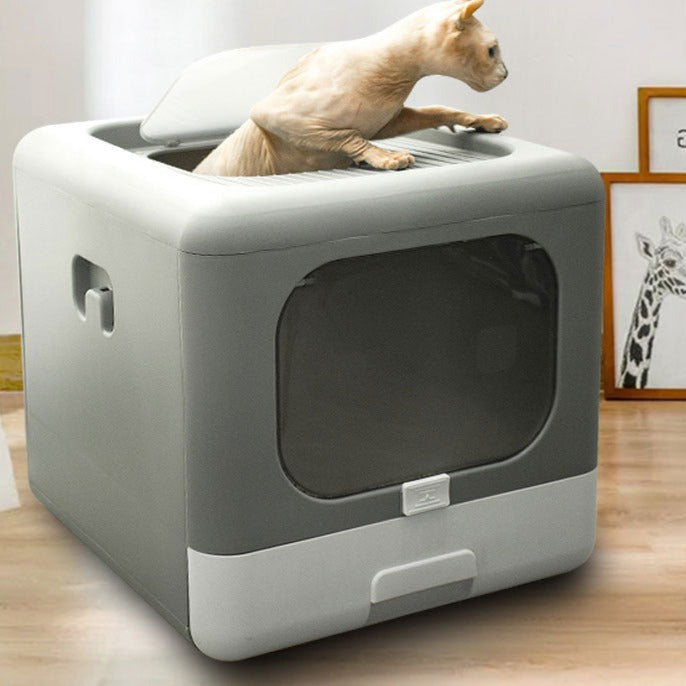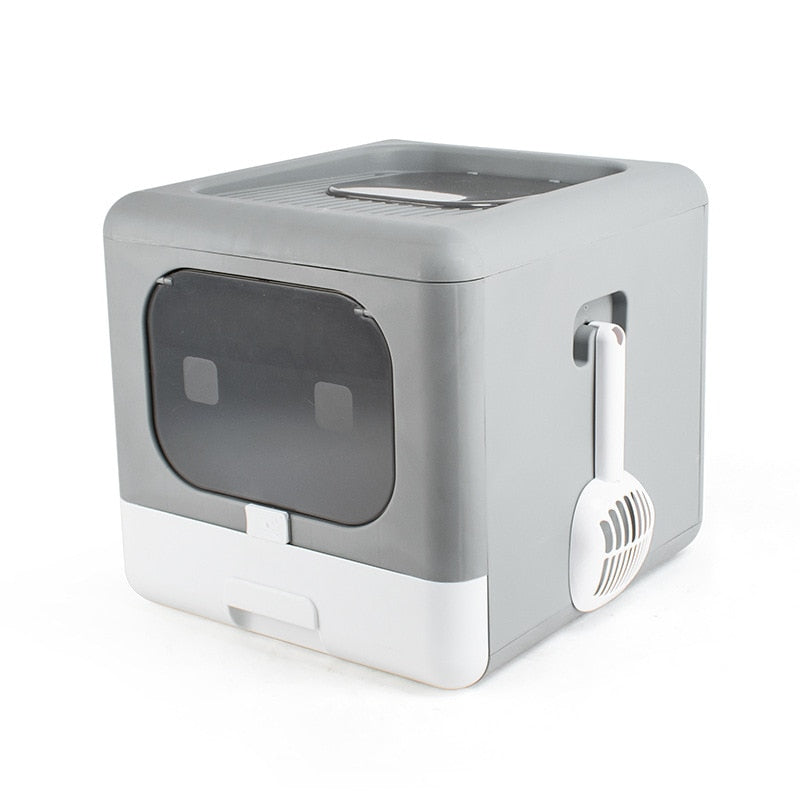How to Tell if a Cat has a Fever?

How do I know if my cat has a fever? And what should I do if I have a fever?

Does your cat seem to have an unusually high temperature, a trembling body and behaving unusual, even strange? He may have a fever.
Fever is a symptom usually indicating a more serious health problem. But does he really have a fever and how do you end your cat's fever?
Find out here everything you need to know about fever in cats : the signs, causes, precautions to take, as well as what not to do.
First of all, what is the cat's normal temperature?
To detect an anomaly, you must first know what is normal. In the case of body temperature in a healthy cat, it oscillates between 38 and 39 ° C, with an average of 38.5 °C.You will notice that the temperature is not a fixed datum at all times, and that it can vary according to the subject's activity.
At rest in a cool environment, the temperature can drop to 37.7 ° C in a healthy cat. But when he is in physical activity, in a warmer environment or in a stressful situation, his temperature can approach 39.3 ° C, without this being the result of an illness.
Regarding fever, it should be remembered that a feline is declared feverish when its body temperature, at rest or in activity, crosses the bar of 39.5 ° C and it presents all or a good majority of the symptoms. fever.
How do I know if my cat has a fever?
The best way to find out is to take your little feline's temperature and see if he is showing symptoms of a fever and not just rely on the temperature of his nose as the legend says. urban.
You should know that we speak of fever in cats when their temperature is between 39.5 and 41.5 ° C. If it exceeds the threshold of 41.5 ° C, we speak more of hyperthermia.
Taking the cat's temperature
To diagnose fever in cats, the temperature should be taken with a rectal thermometer for pets. It can be an electronic model or not, but in any case, you have to be careful, because the cat can be aggressive when you touch its behind. Preferably, there must be 2 to take the shot.
After cleaning and drying the end of the thermometer, have one of the speakers stand in front of the feline and keep it lying down, whispering a few soft words to it. During this time, the second is placed at the back of the tomcat and gently lifts its tail to insert the thermometer into its rectum.
For an electronic thermometer, it takes a few seconds until the beep is heard, while for the non-electronic model, it takes a minute. Then remove the thermometer and write down the indicated temperature value.
Signs and Symptoms of Fever in Cats
Fever is one of the symptoms of various illnesses. It then manifests itself through signs and symptoms, which are in fact the clinical signs of the disease causing the fever.
When a cat has a fever, it loses its appetite and weight, it vomits and has diarrhea, it urinates a lot but painfully. His breathing is jerky and rapid, he sleeps too much and is tired all the time, he moves little and isolates himself too often, his body is shaking, he coughs and sneezes all the time.
Less common symptoms can also indicate fever. For example, you can observe blood in your feline's eyes, its mucous membranes swelling and changing color.
Causes of fever in cats
As you will understand, fever in cats is the consequence of an illness that they have contracted. It is a defense mechanism, a reaction of the immune system aimed at fighting pathogens. The most common causes of feline fever are bacterial, fungal, or viral infections.
Fever can also be the result of an injury caused by shock, trauma, or just a side effect of certain medications. When severe, fever may be due to a serious illness such as a tumor, an infection of the kidneys, or an immune system disease such as lupus.
Fever is an important symptom that can hide a real problem
As a symptom of an illness, which as you will have noticed, can be serious, fever is a clue that should not be taken lightly. After detecting it, you have to diagnose the disease at the origin and forget about the old clichés of the kind you just need the cat to rest and it will pass by itself.
Only examinations with a veterinarian can confirm the disease causing the fever in your cat. After taking his temperature over several days (several times a day too) and observing the signs of fever, you should immediately make an appointment with the veterinarian. This will tell you the treatment to follow and the different ways to lower the fever.
How to lower cat fever?
When it comes to feline fever, there really isn't much you can do, especially when it's due to a mild illness. The methods commonly used are mainly refreshing the living environment of the feline and taking medication.
Bring down cat fever with the trick of refreshing the feline's living environment, consists of turning on the brewers in the room where it is located while avoiding exposing it to the draft.
Adjusting the air conditioning to the right temperature or, failing that, using ice packs to cool the environment close to the cat may seem a good idea but very difficult to apply, as our perception of cold from hot is different between cats and humans.
As for medication treatment, it should only be resorted to under the advice and recommendation of a feline health professional. In this case, the veterinarian prescribes the appropriate antibiotics for your hairball, after consulting his medical history.
Be careful, do not give Doliprane, ibuprofen and aspirin to the cat!
As you know, your pet's health is precious. You should therefore not be negligent, because the slightest mistake can prove to be fatal. You must be very vigilant, self-medication without real medical knowledge is dangerous, most of the tablets prescribed for humans are prohibited for cats, because they are dangerously fatal.
In feline self-medication, it is strongly forbidden to give tablets of aspirin, ibuprofen, Doliprane, or any other drug containing paracetamol. If in humans paracetamol relieves headaches and lowers fever, in cats it is highly toxic and can cause death.
Kittens and senior cats: Be careful, you have to be extra careful!
During these periods of their life, cats are quite fragile, so more care is needed in the diagnosis and especially in the treatment of fever.
In a kitten, the slightest increase or decrease in temperature is an emergency, and it is good to have your vet on the phone quickly. For older felines, temperature variations should be watched very closely, as they canthey are indicate thatgoing to die soon.
In the treatment of fever, more caution should be exercised, because kittens and old cats have their organs not yet at the peak of their resistance, or too tired to withstand incidents. And in case of self-medication they can very quickly succumb to drug poisoning.


